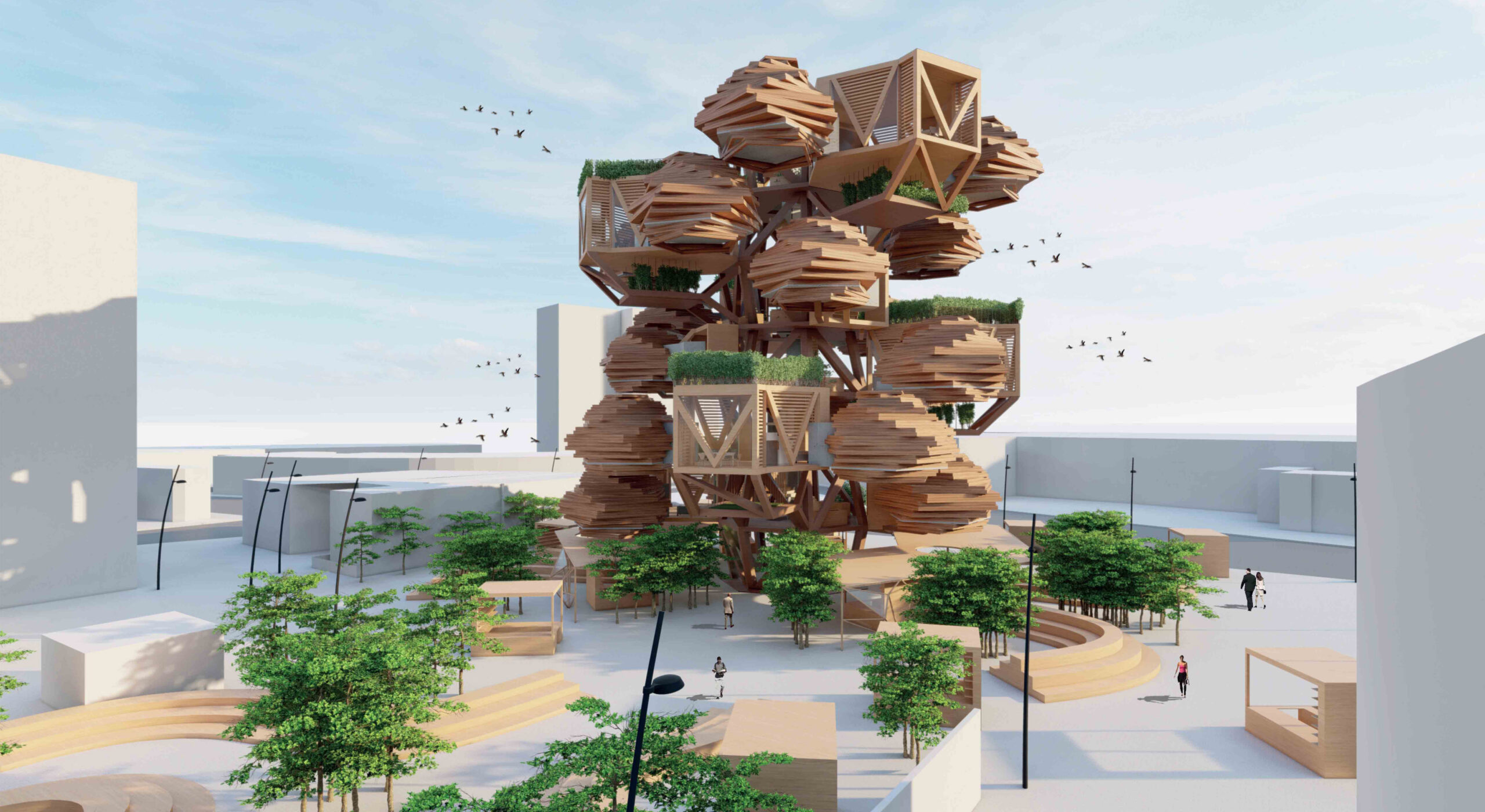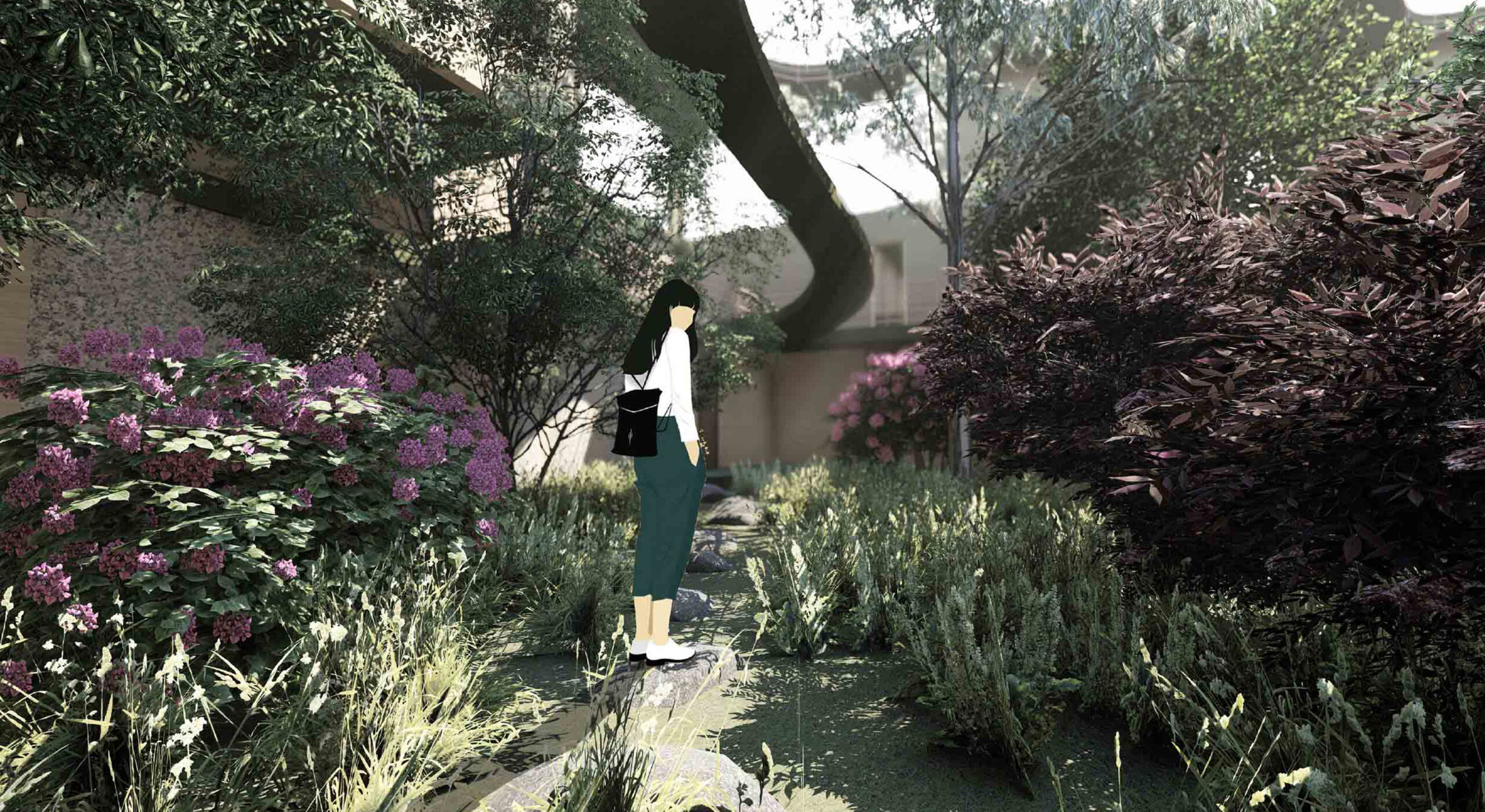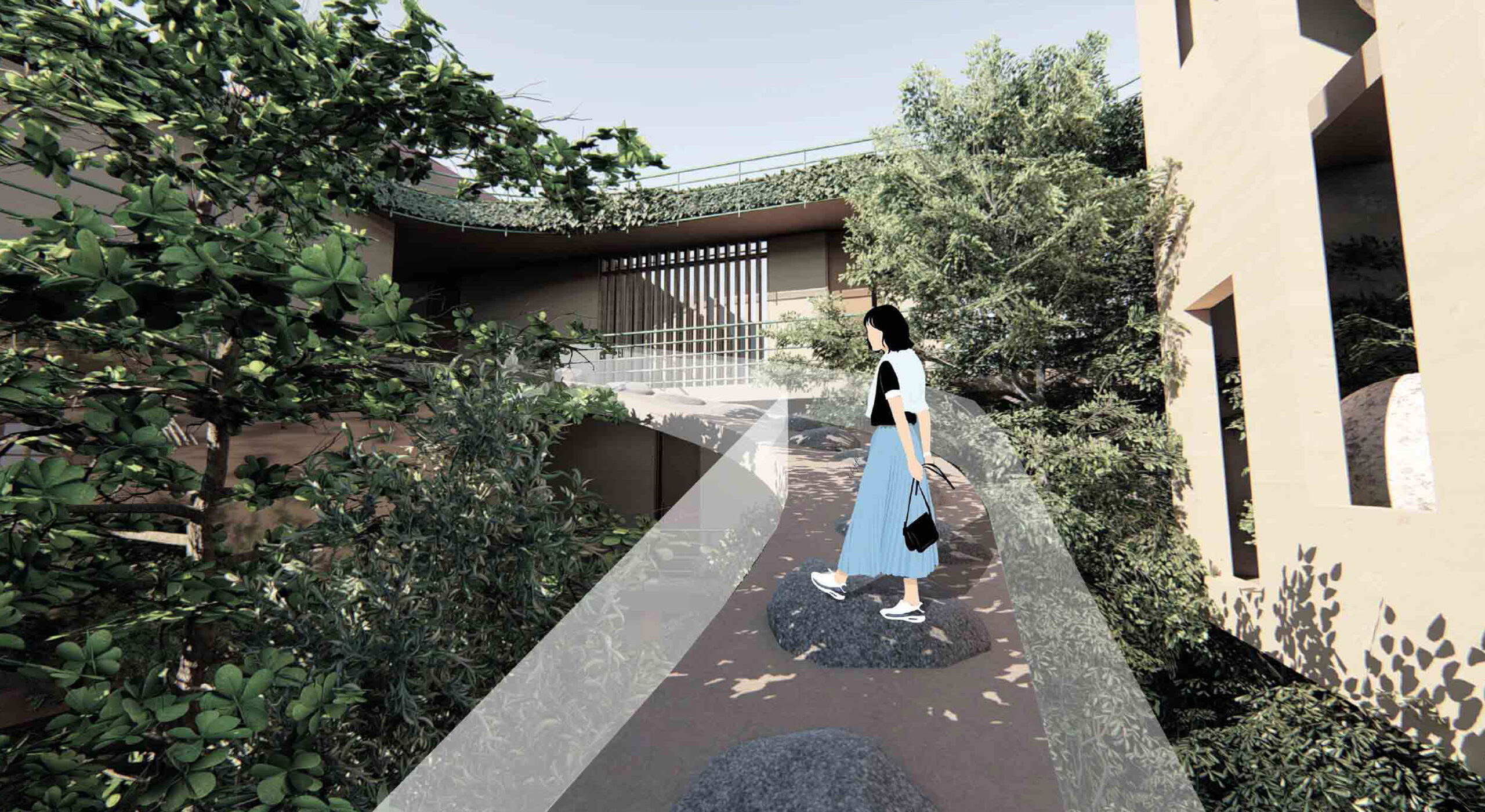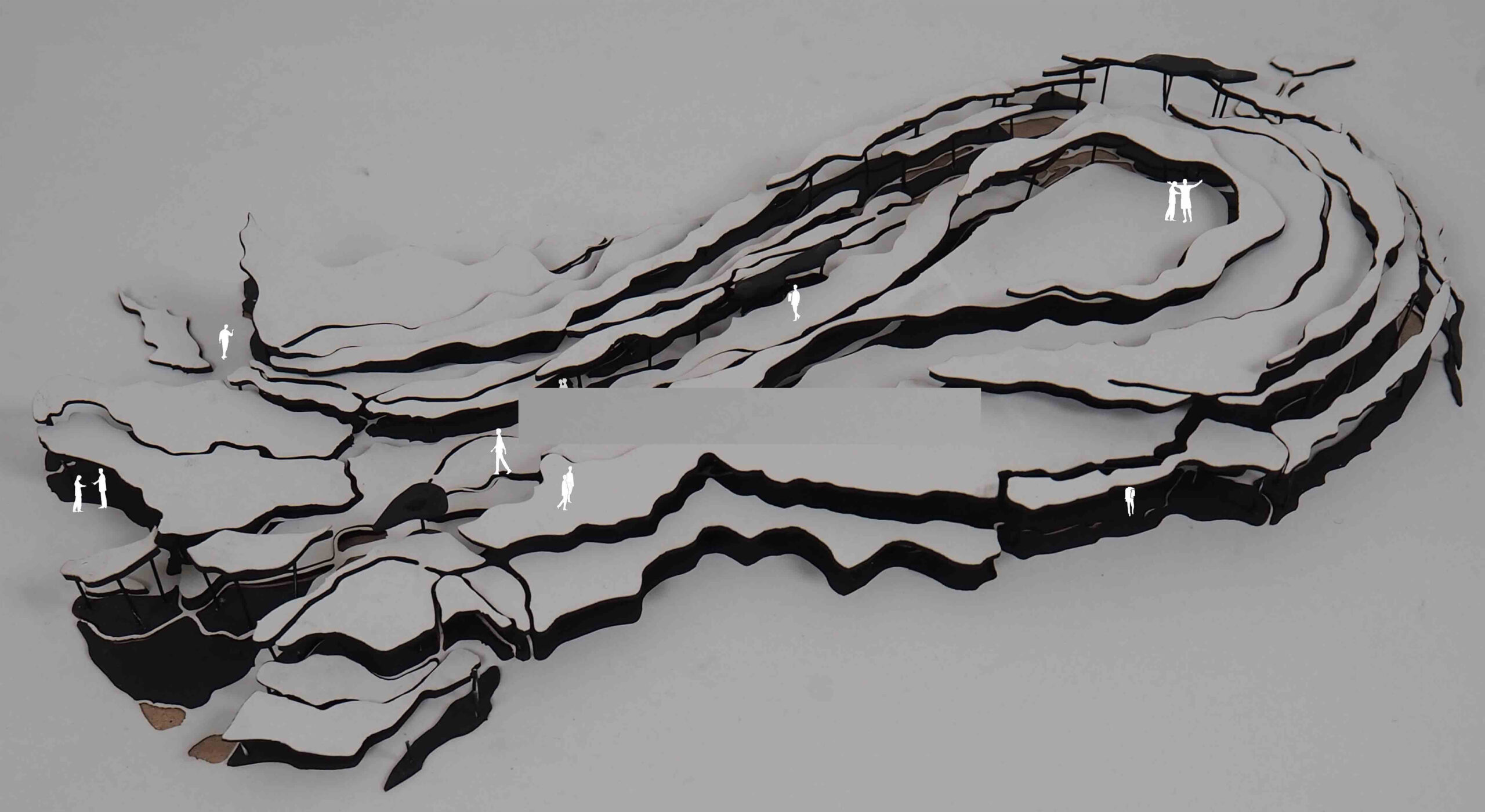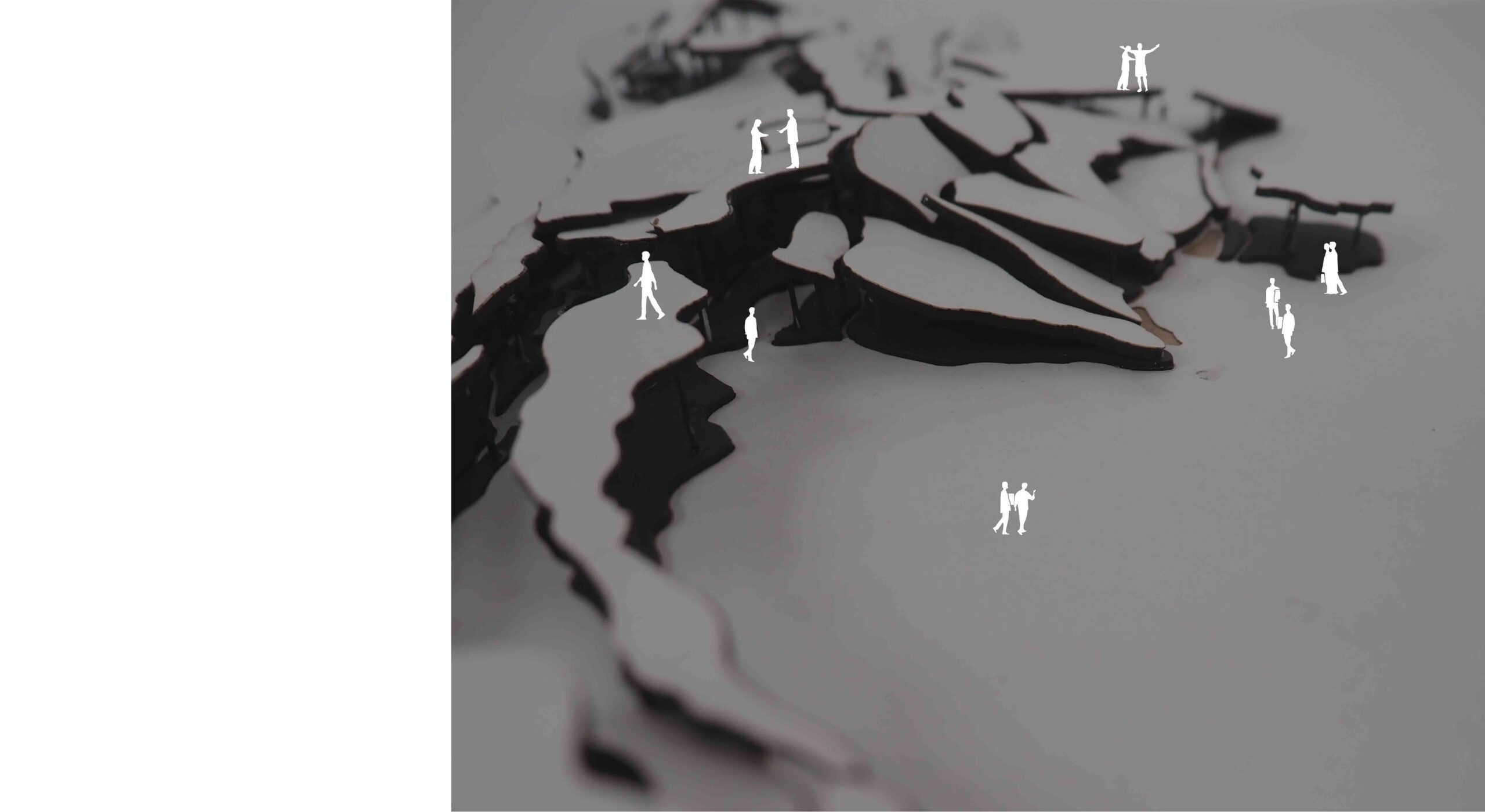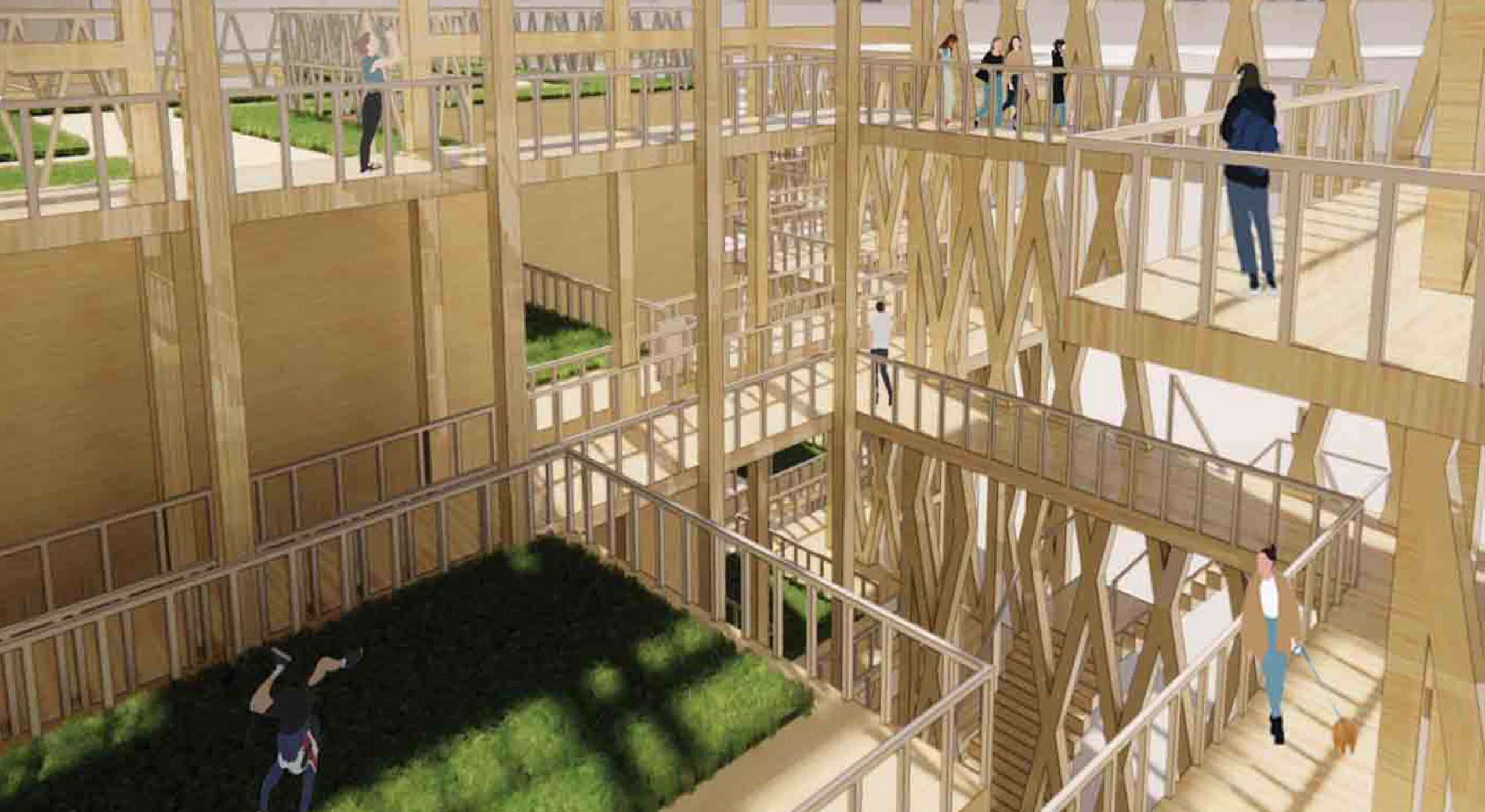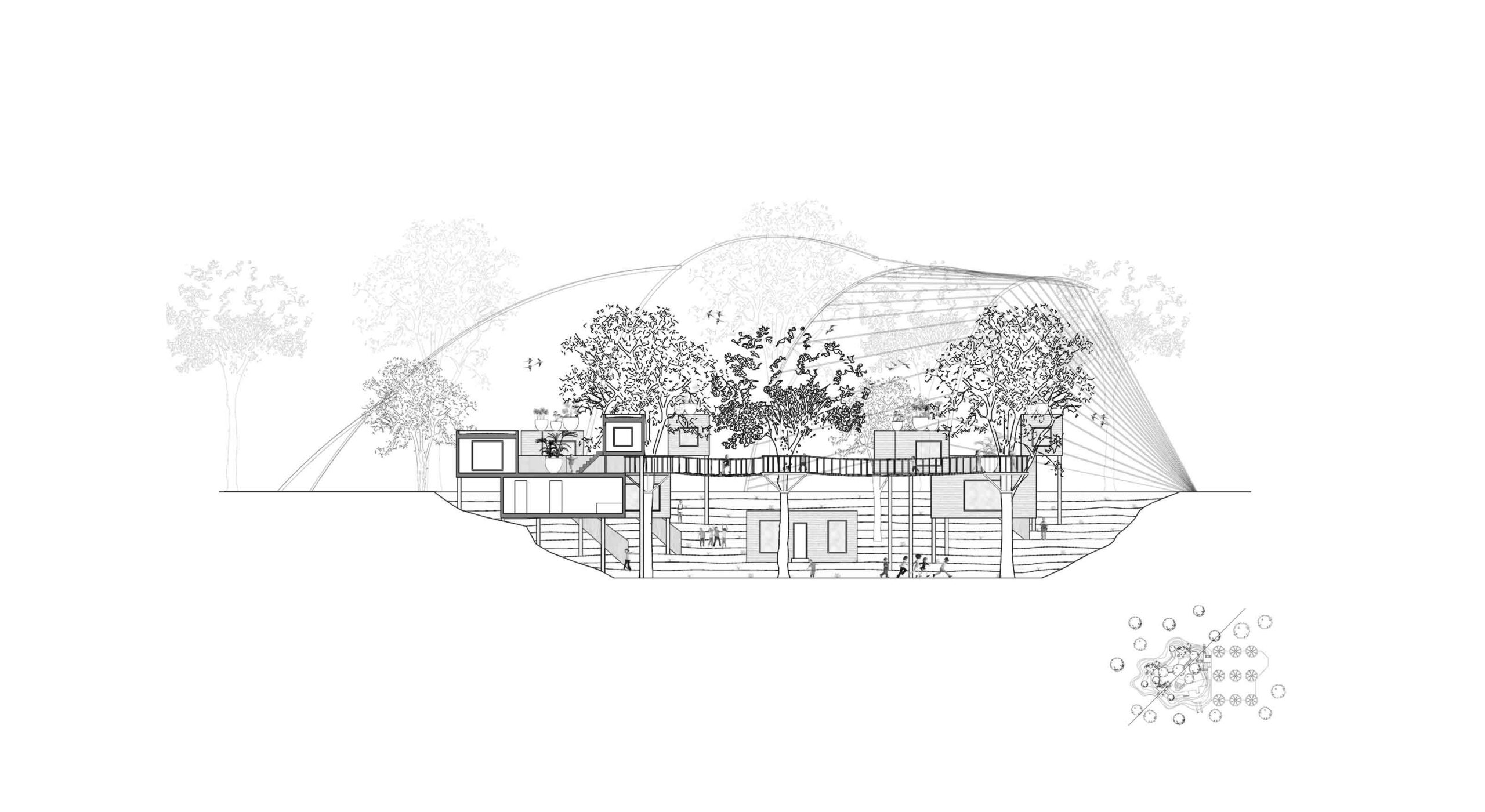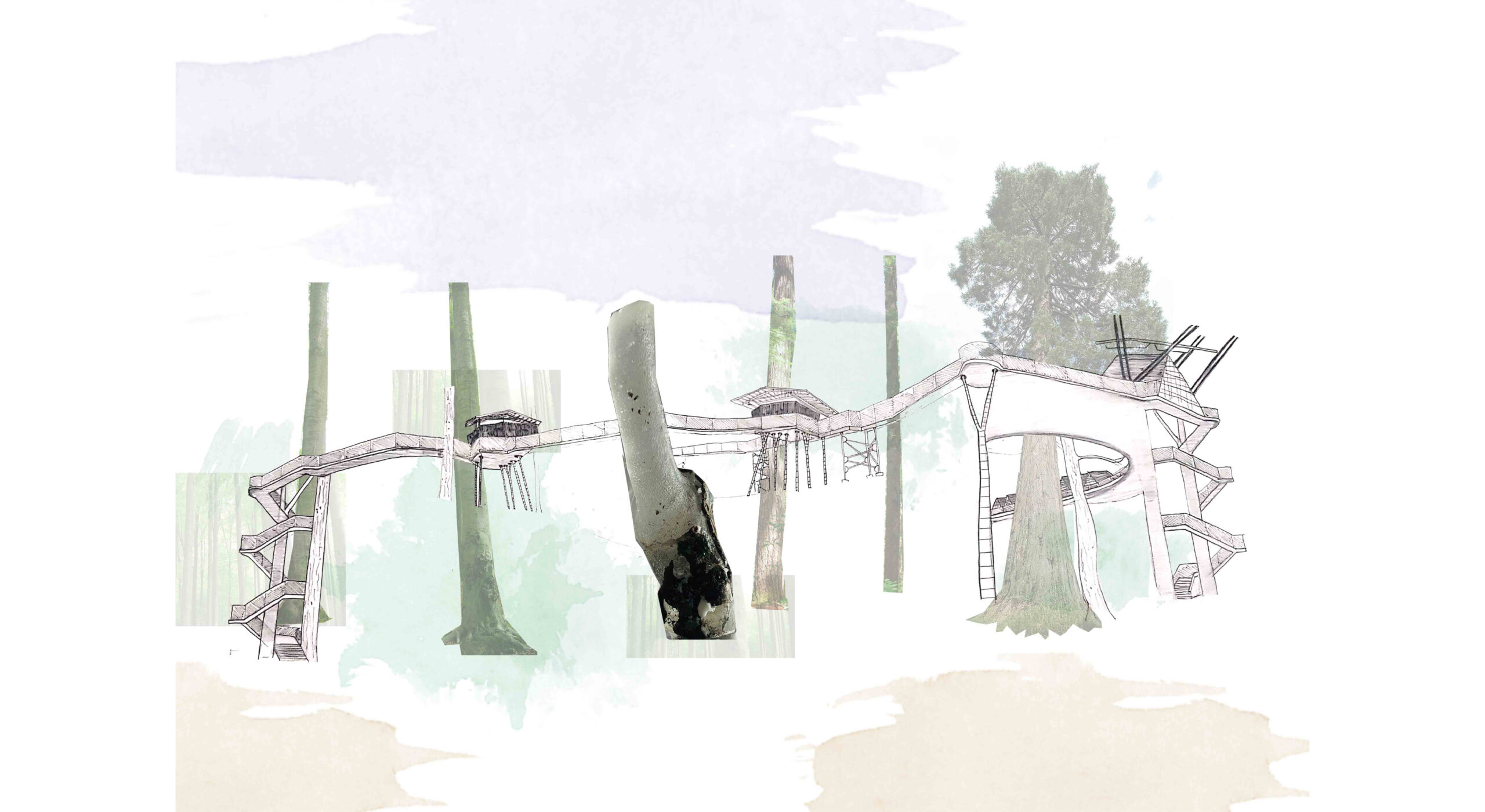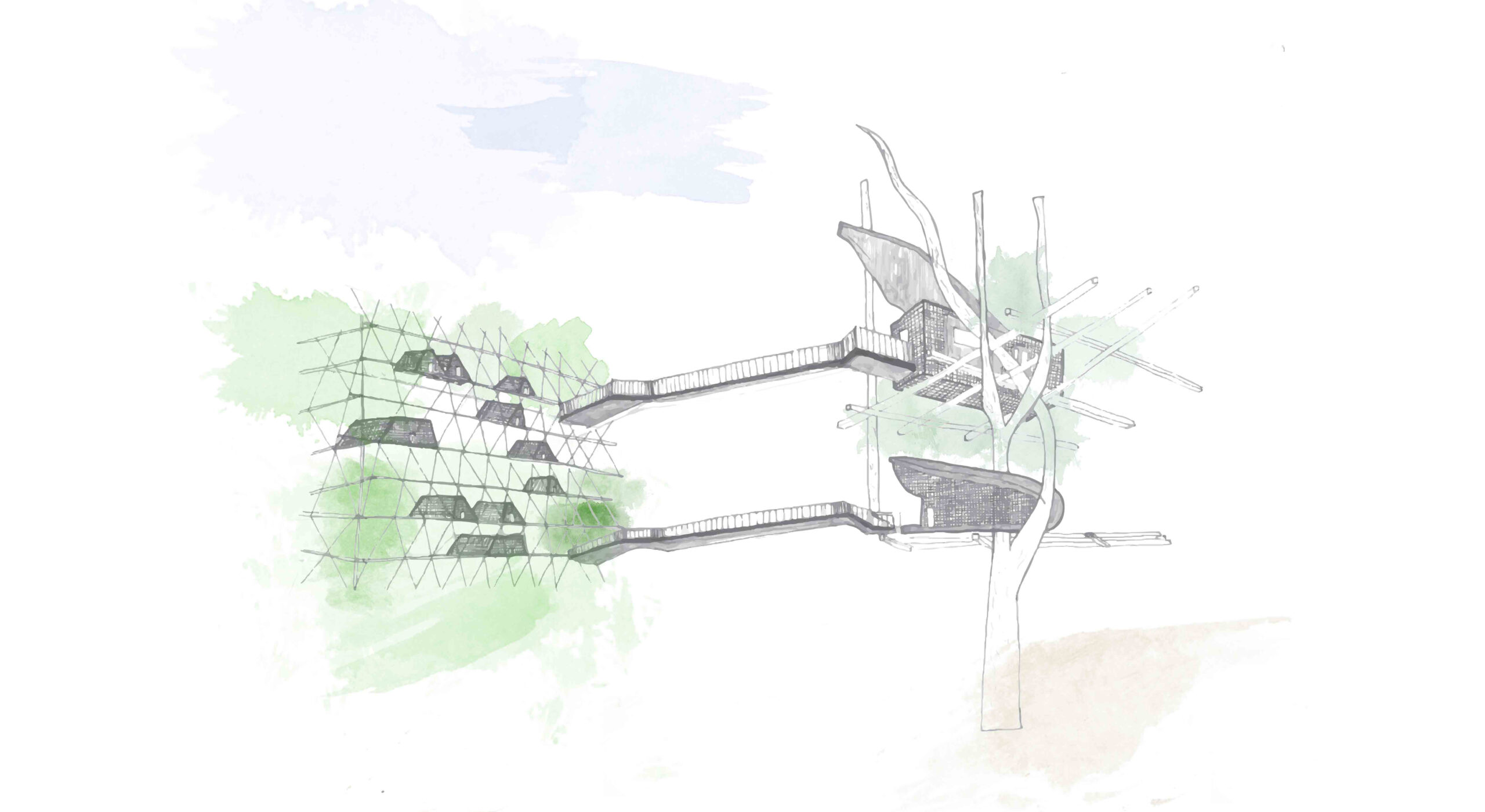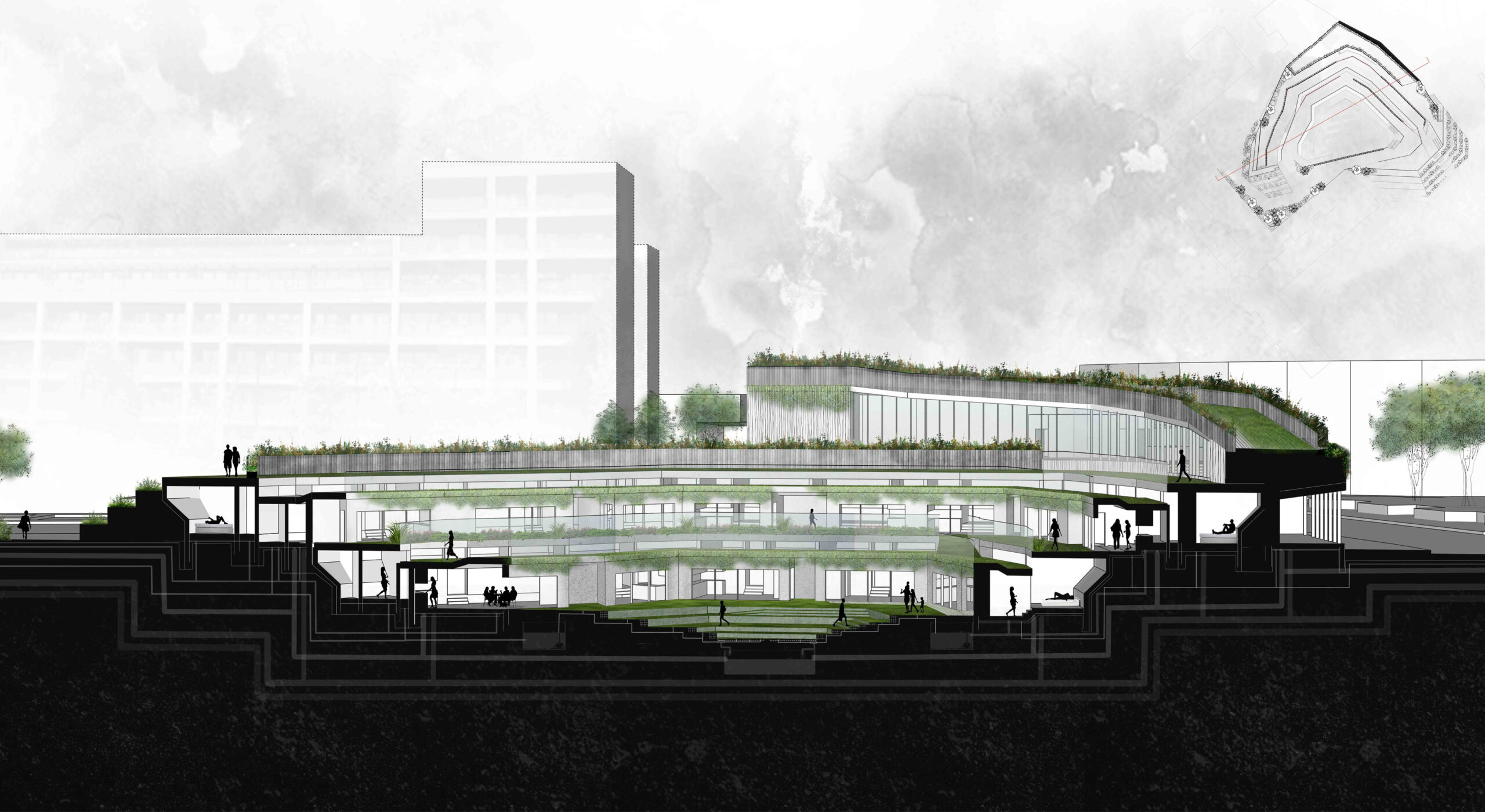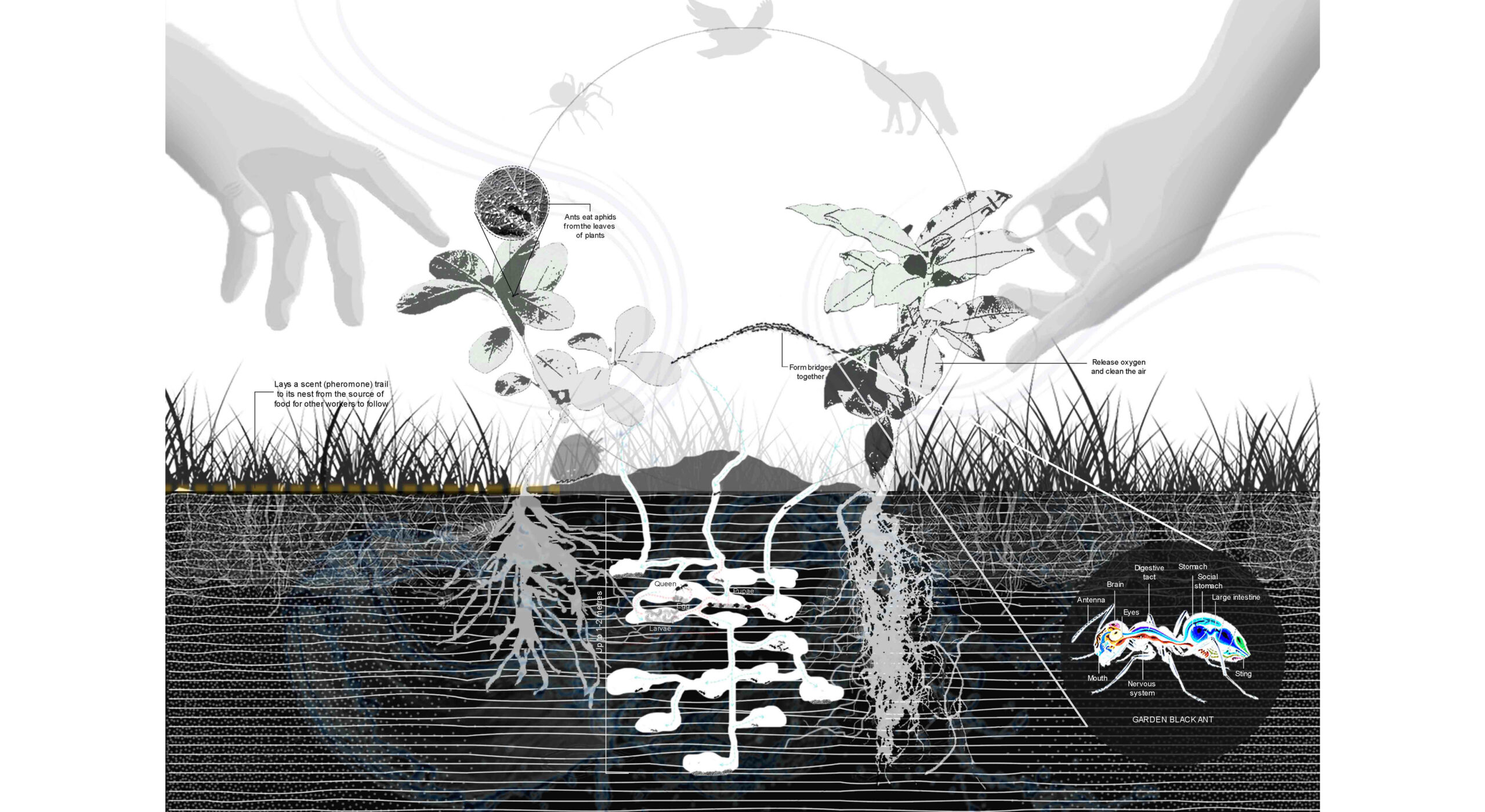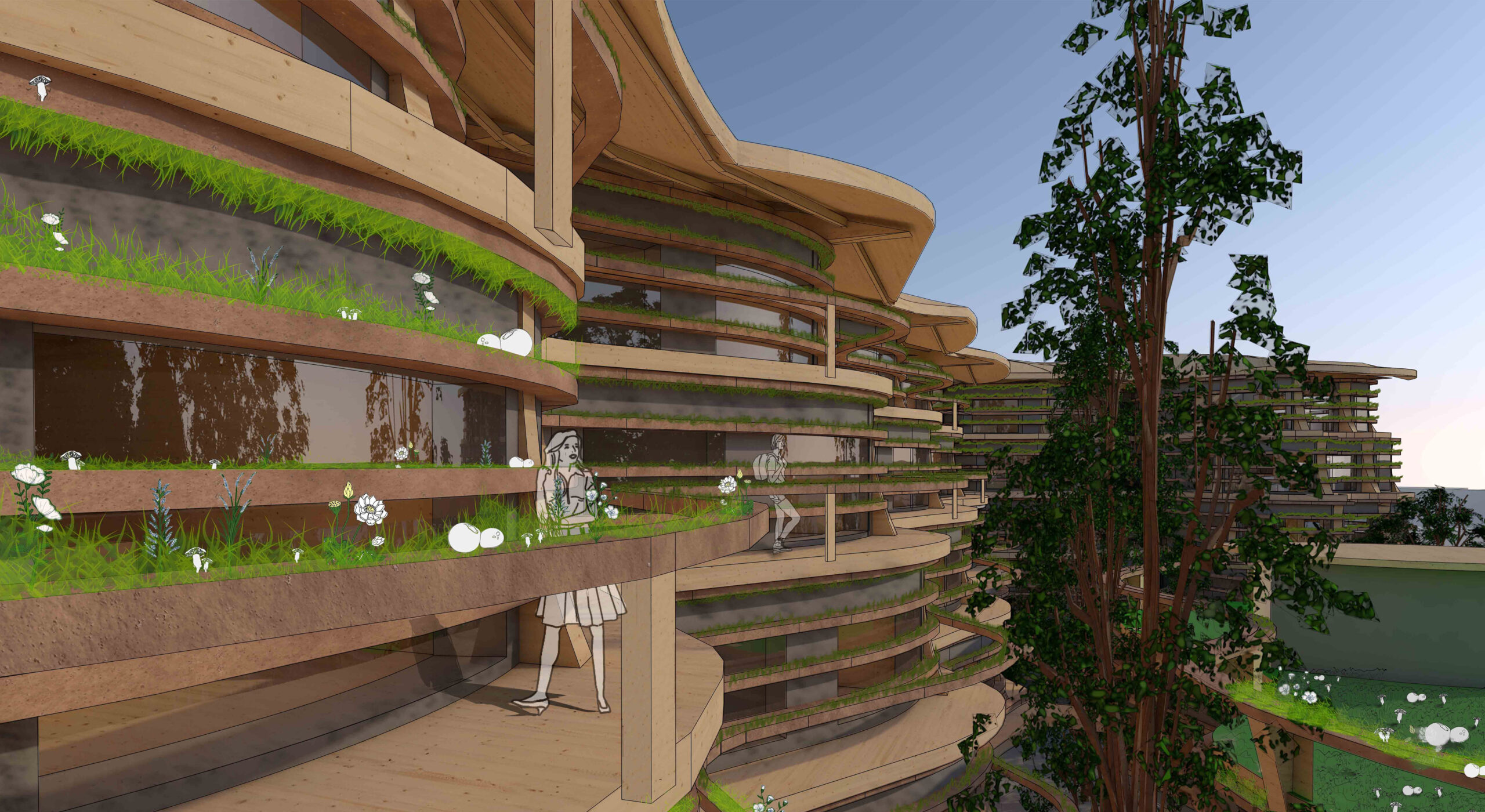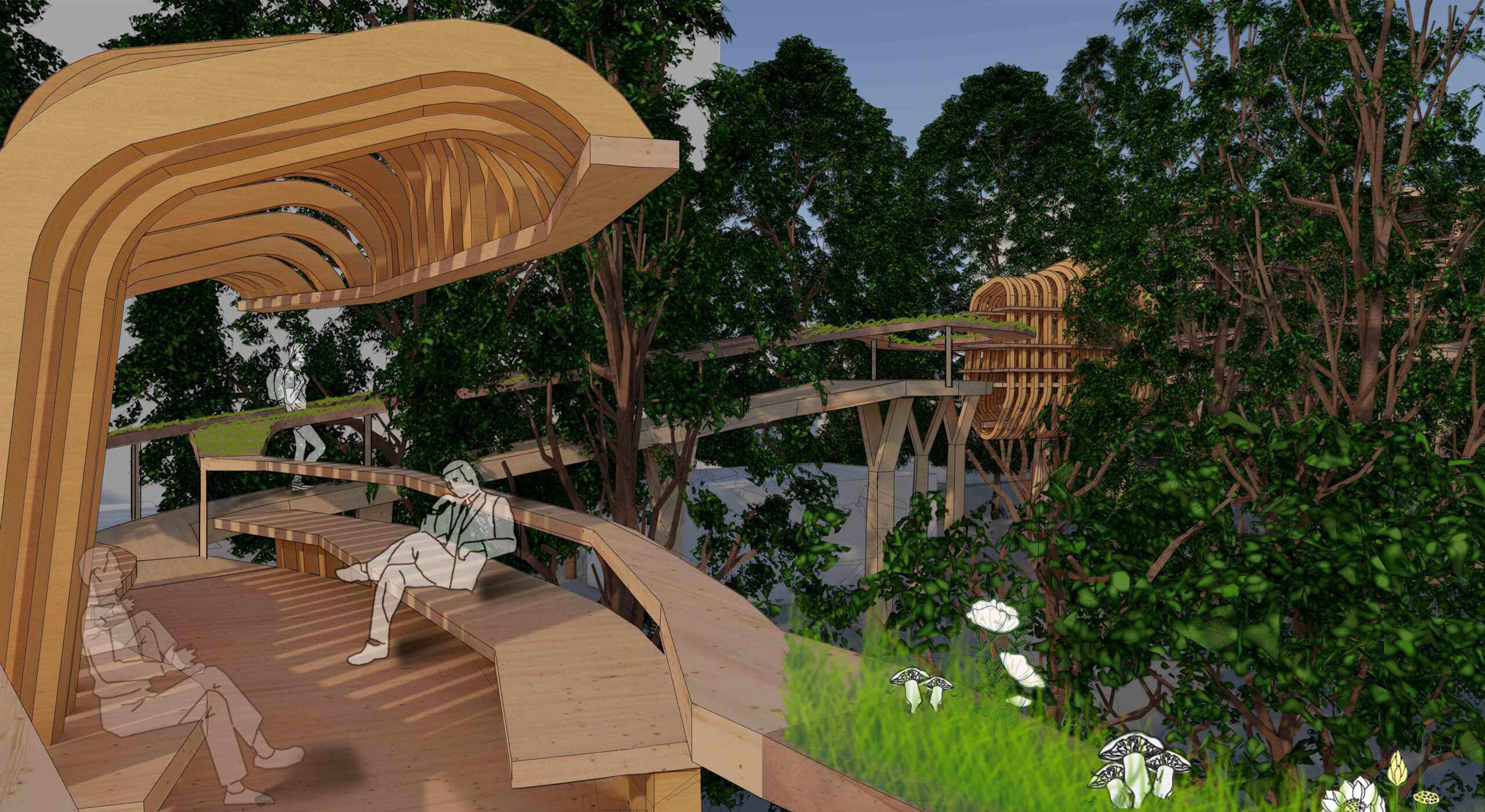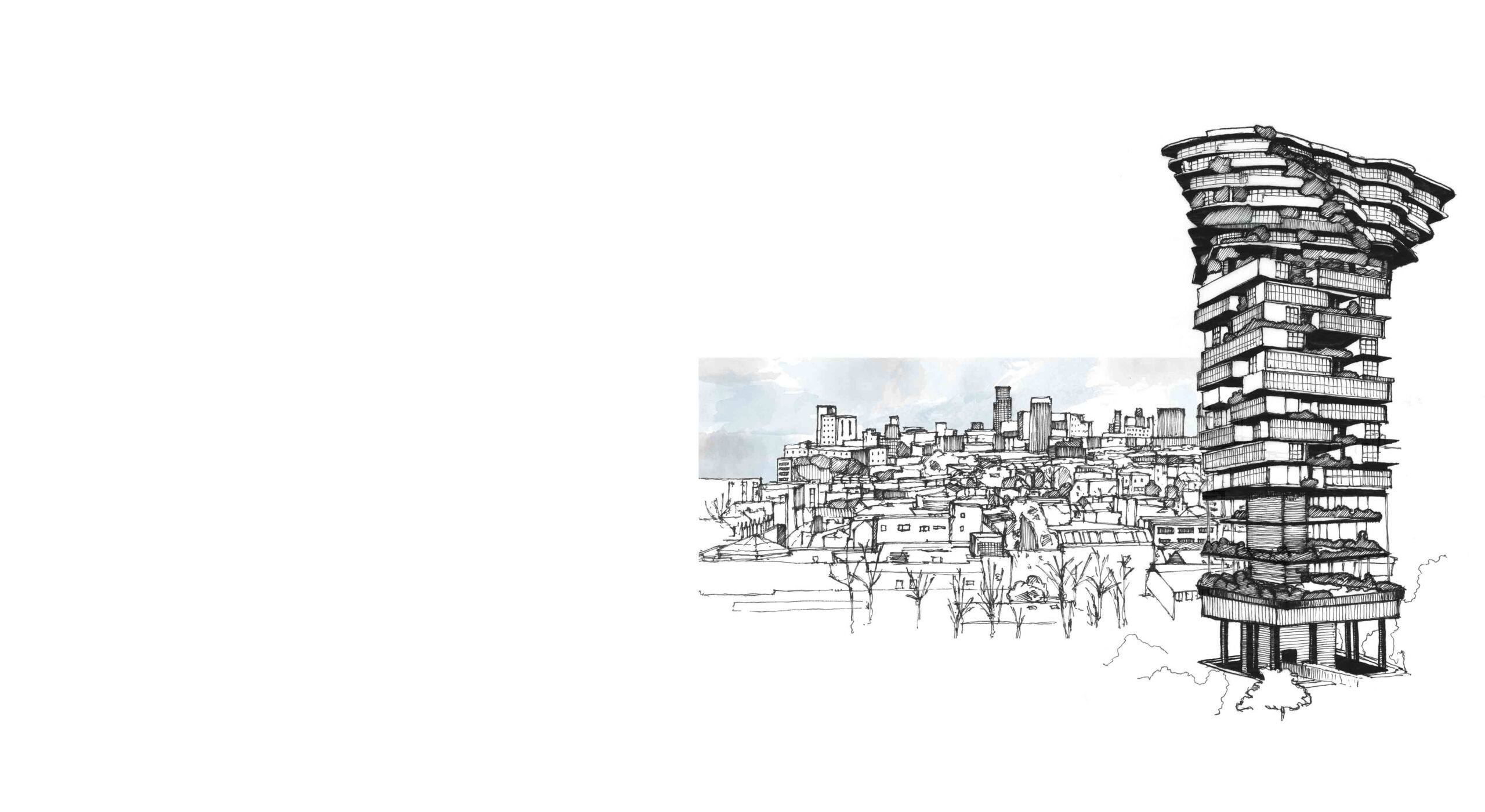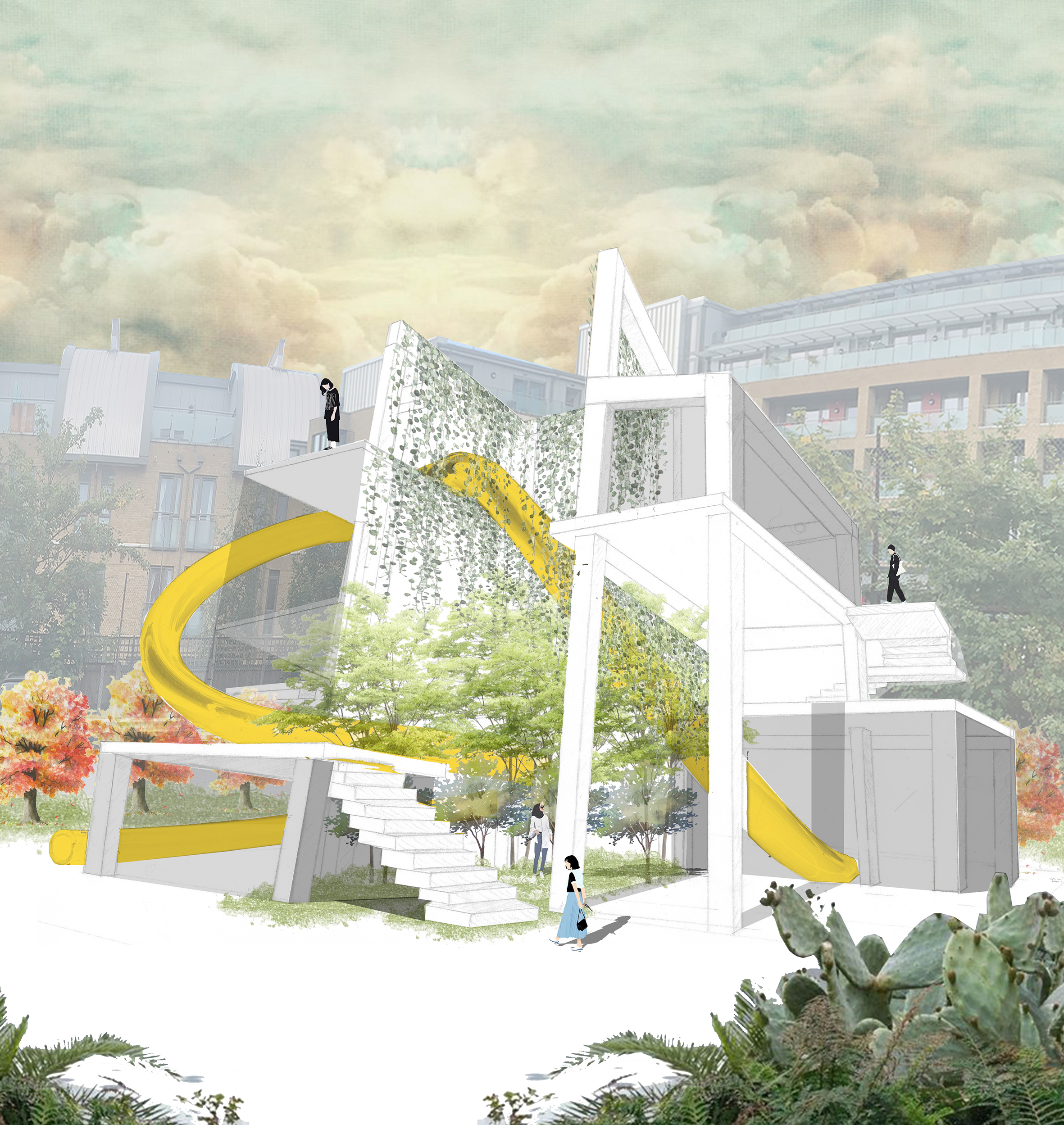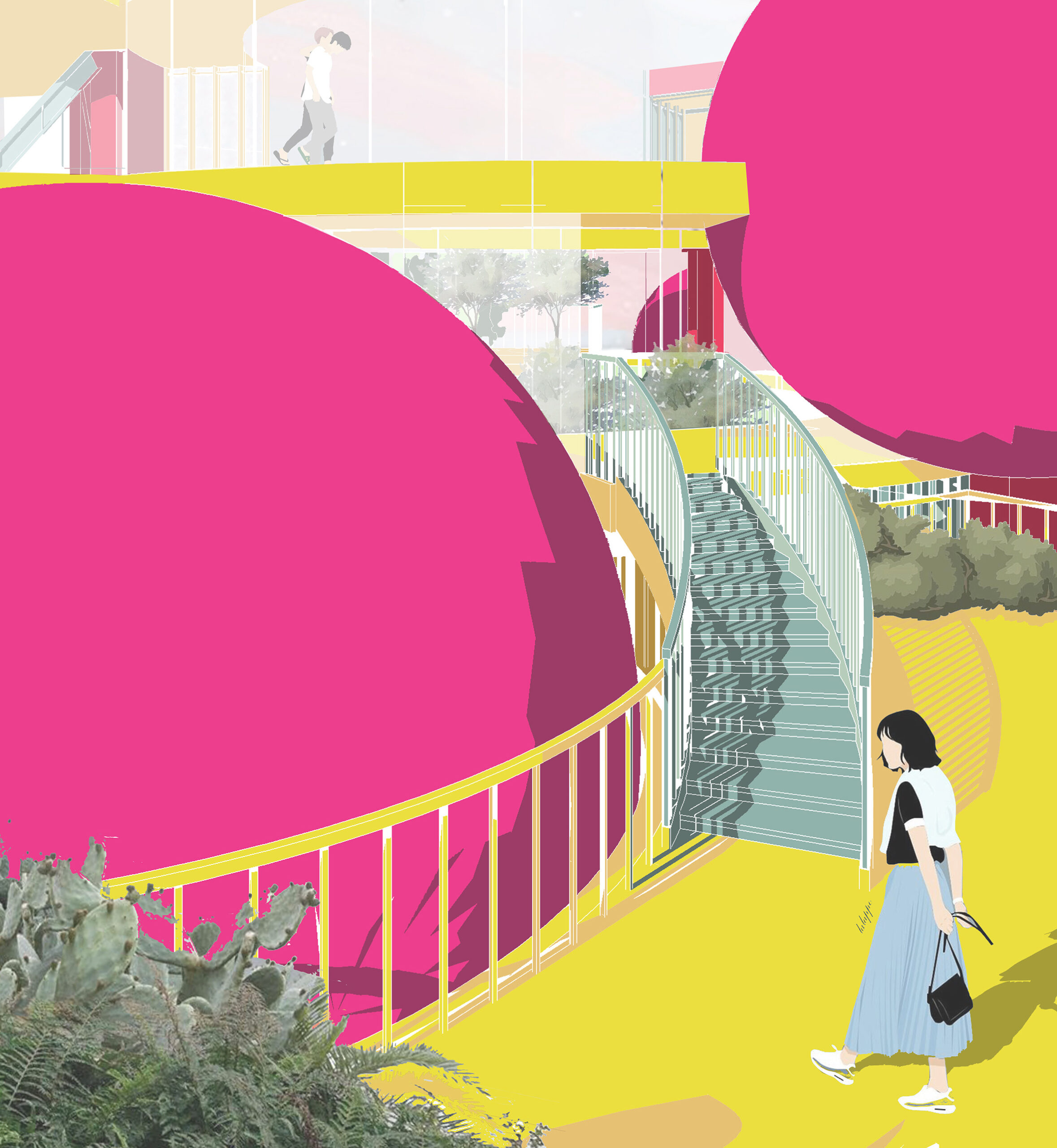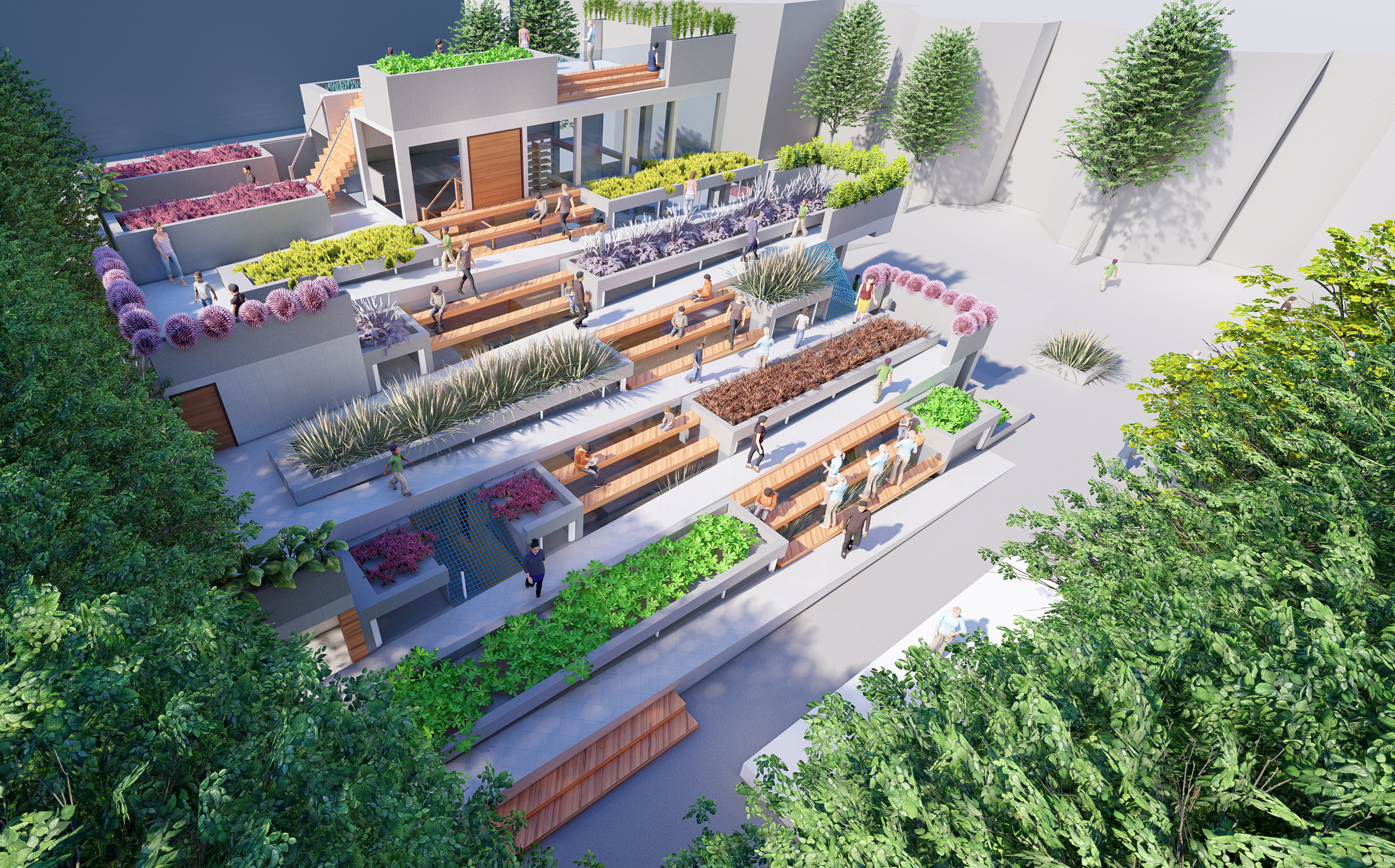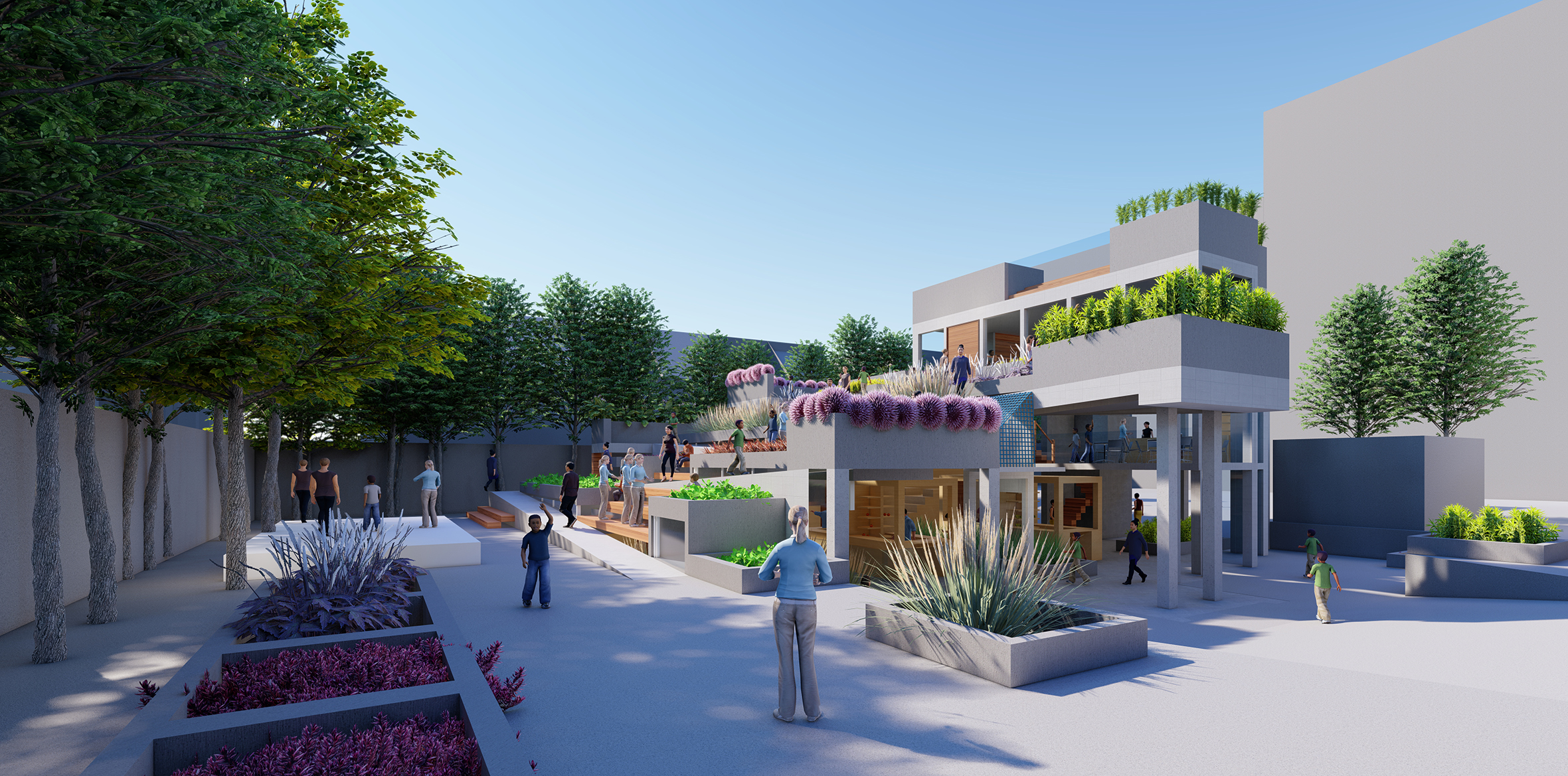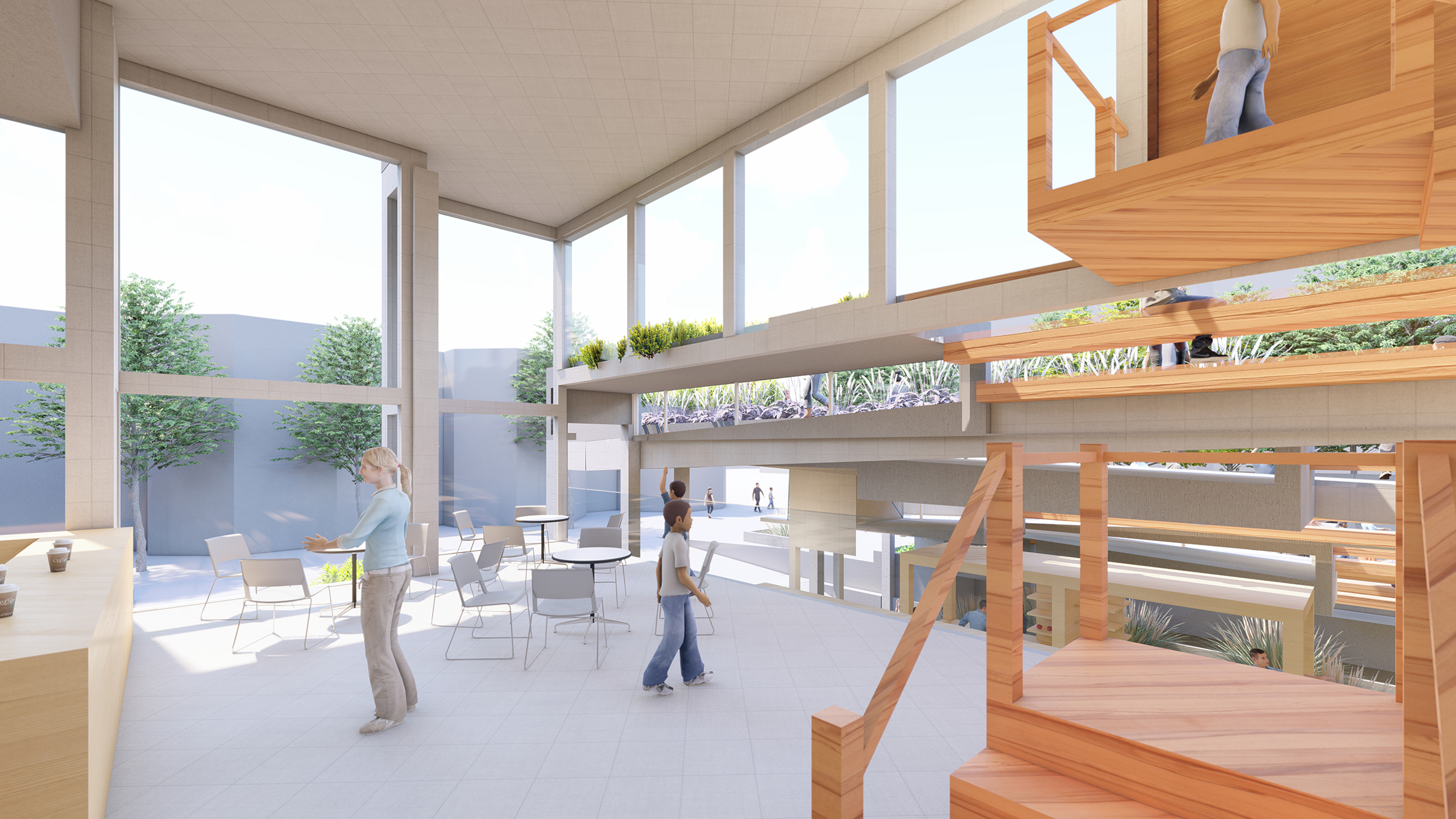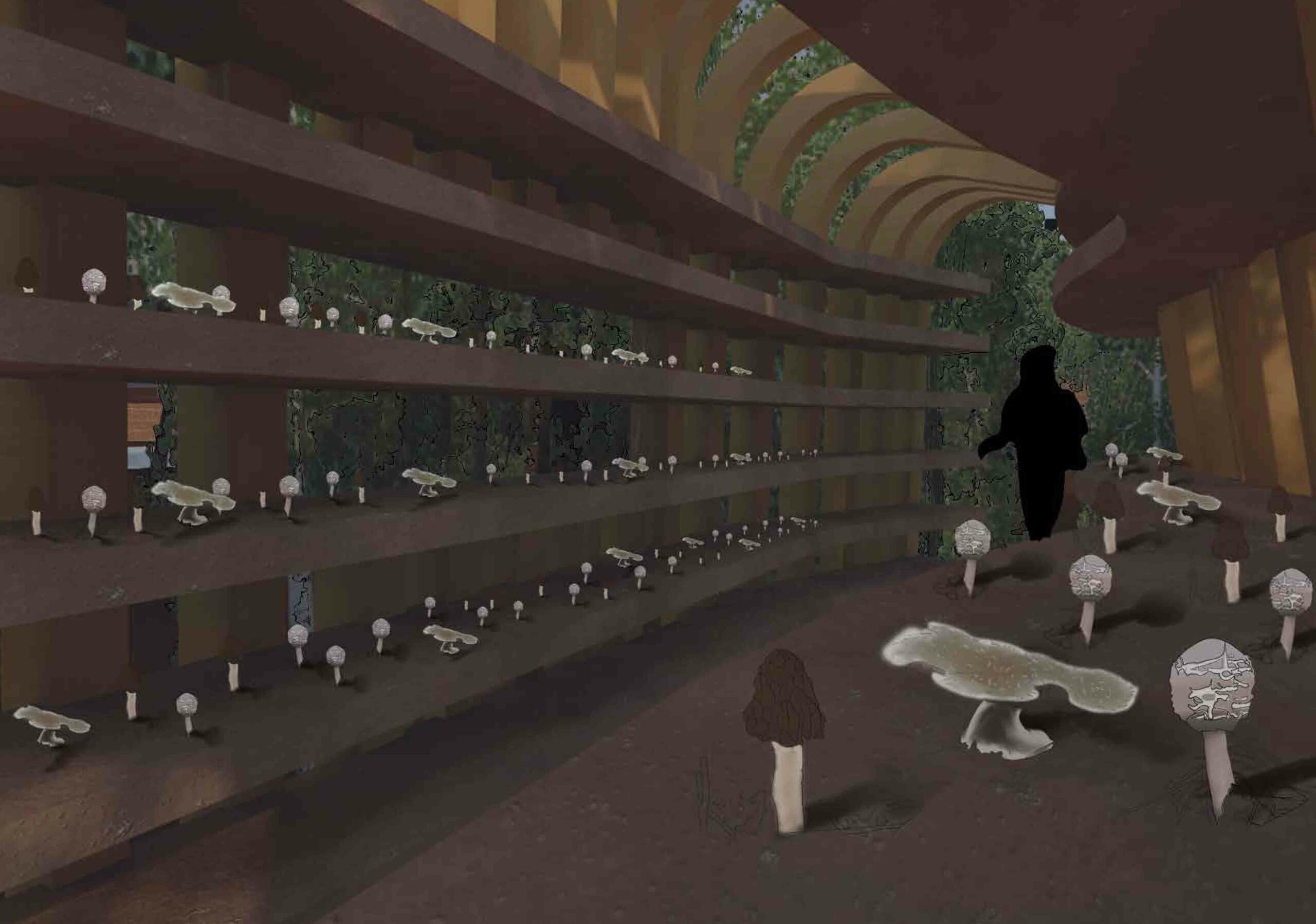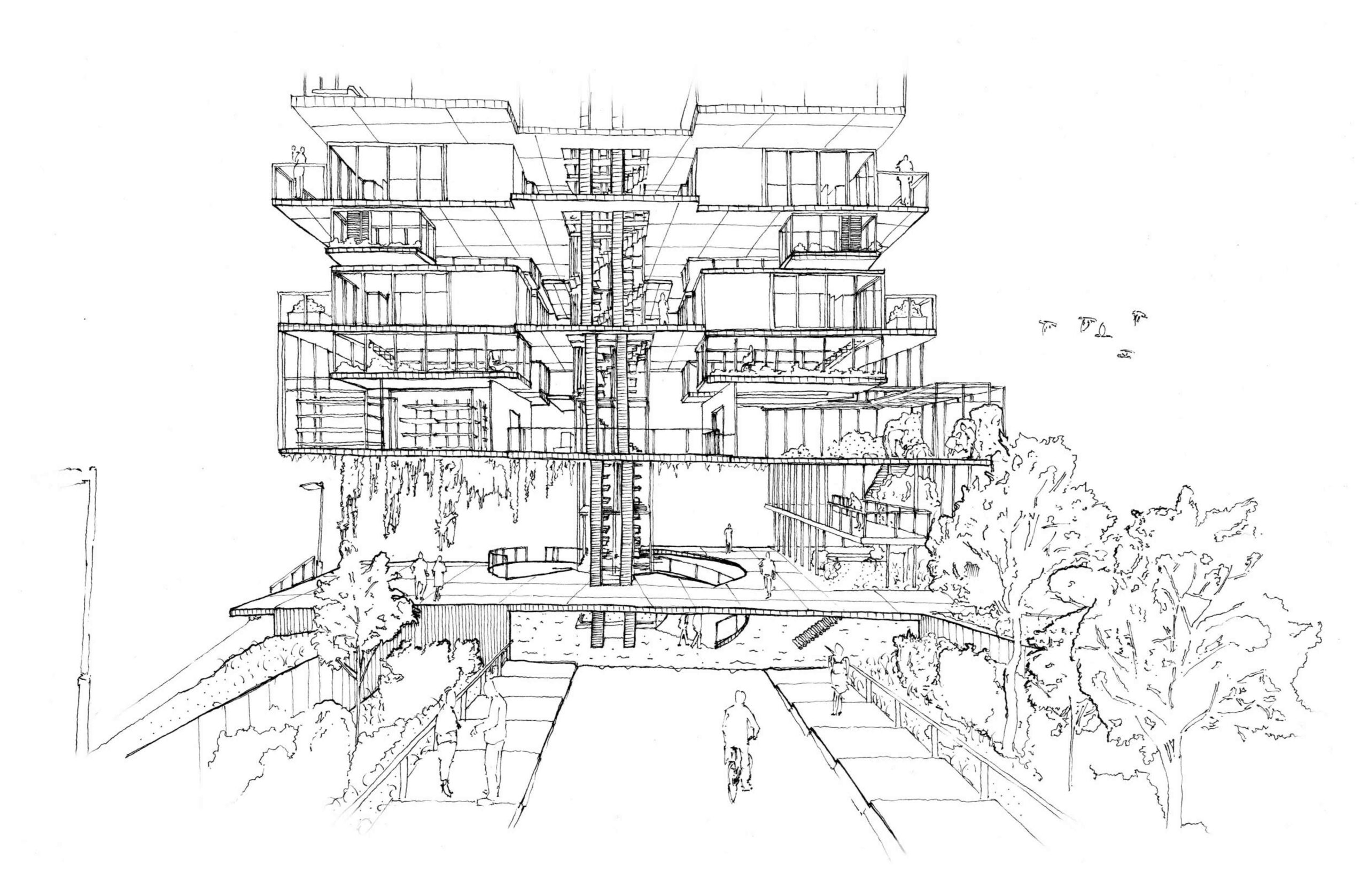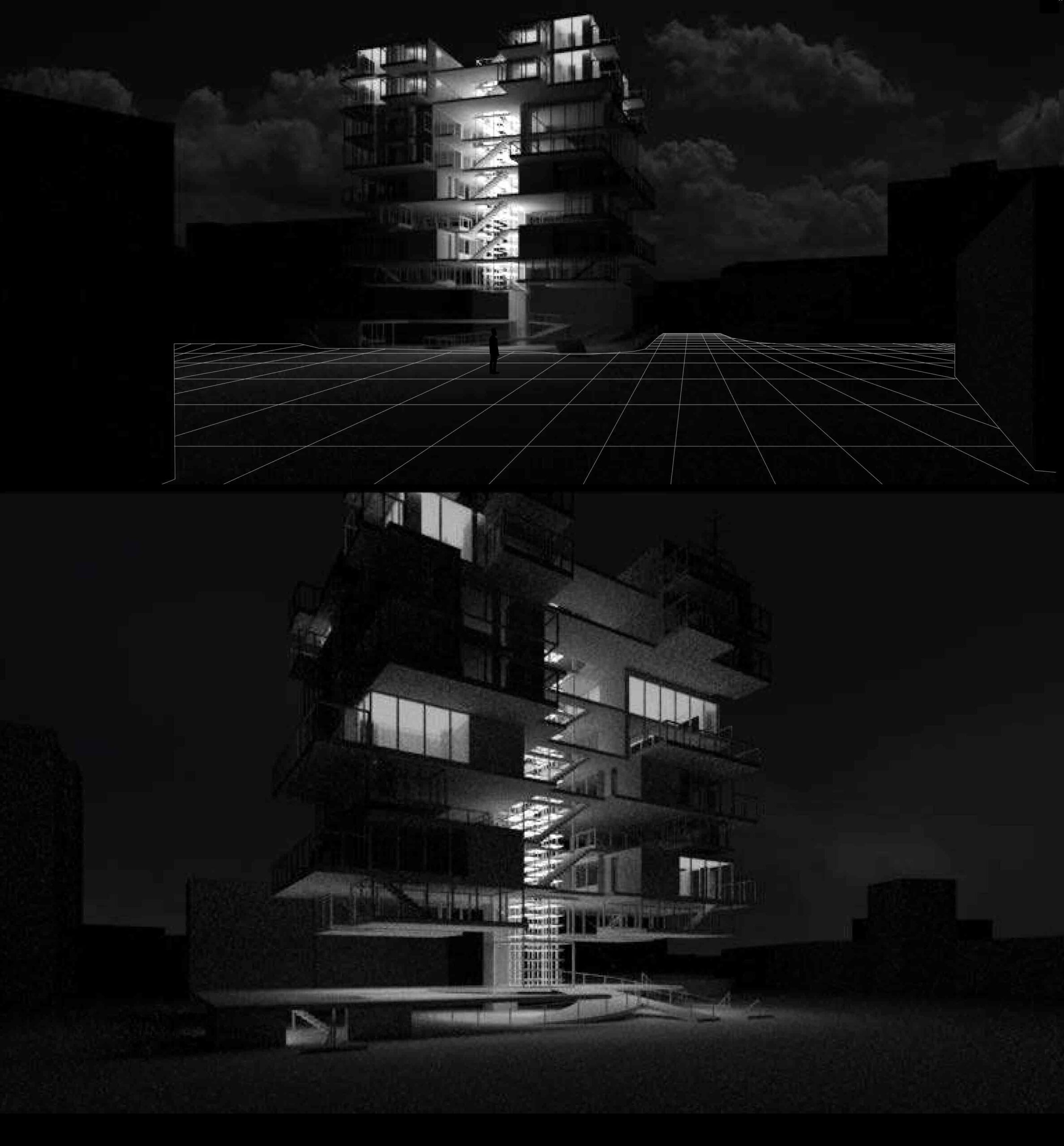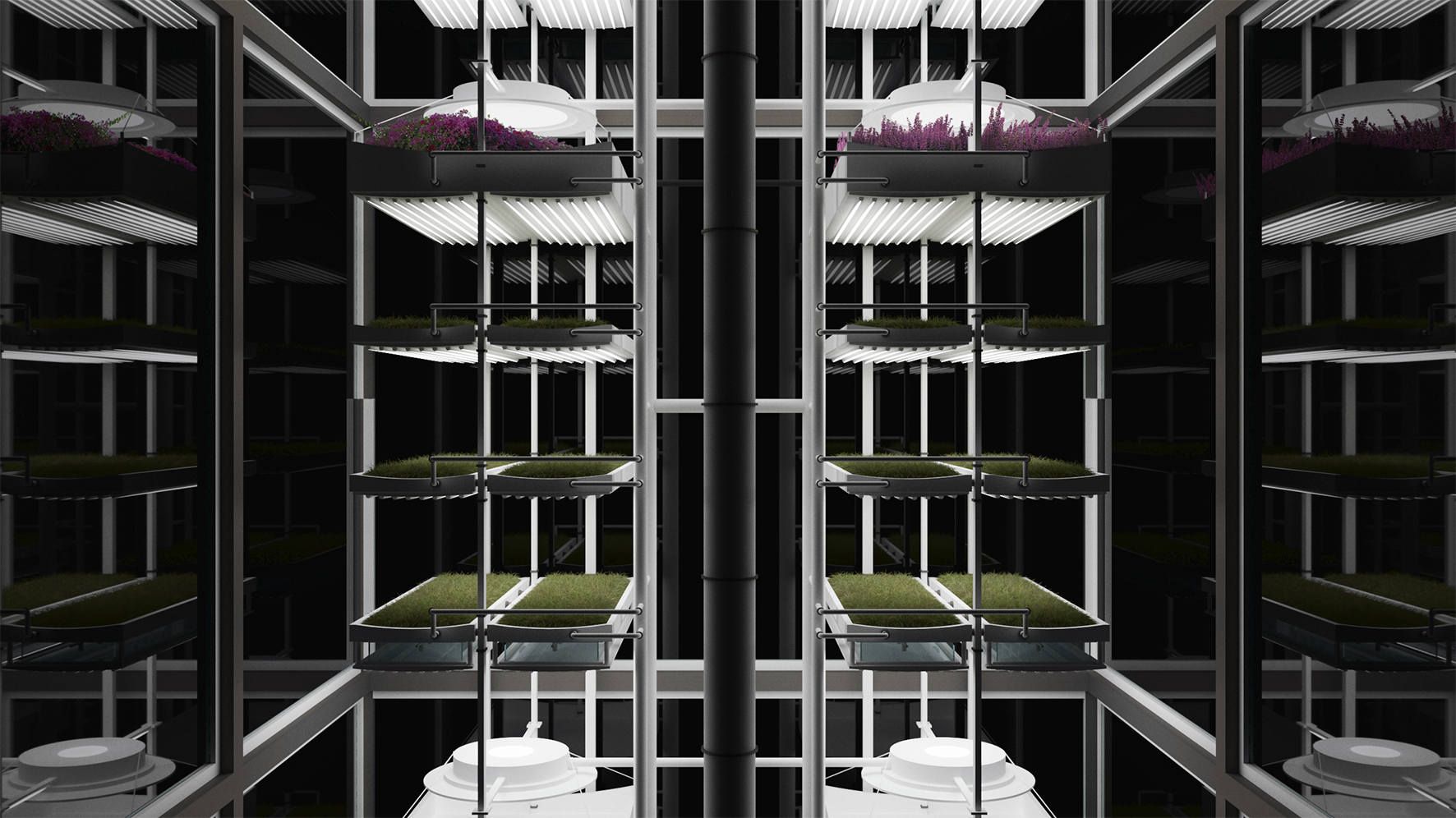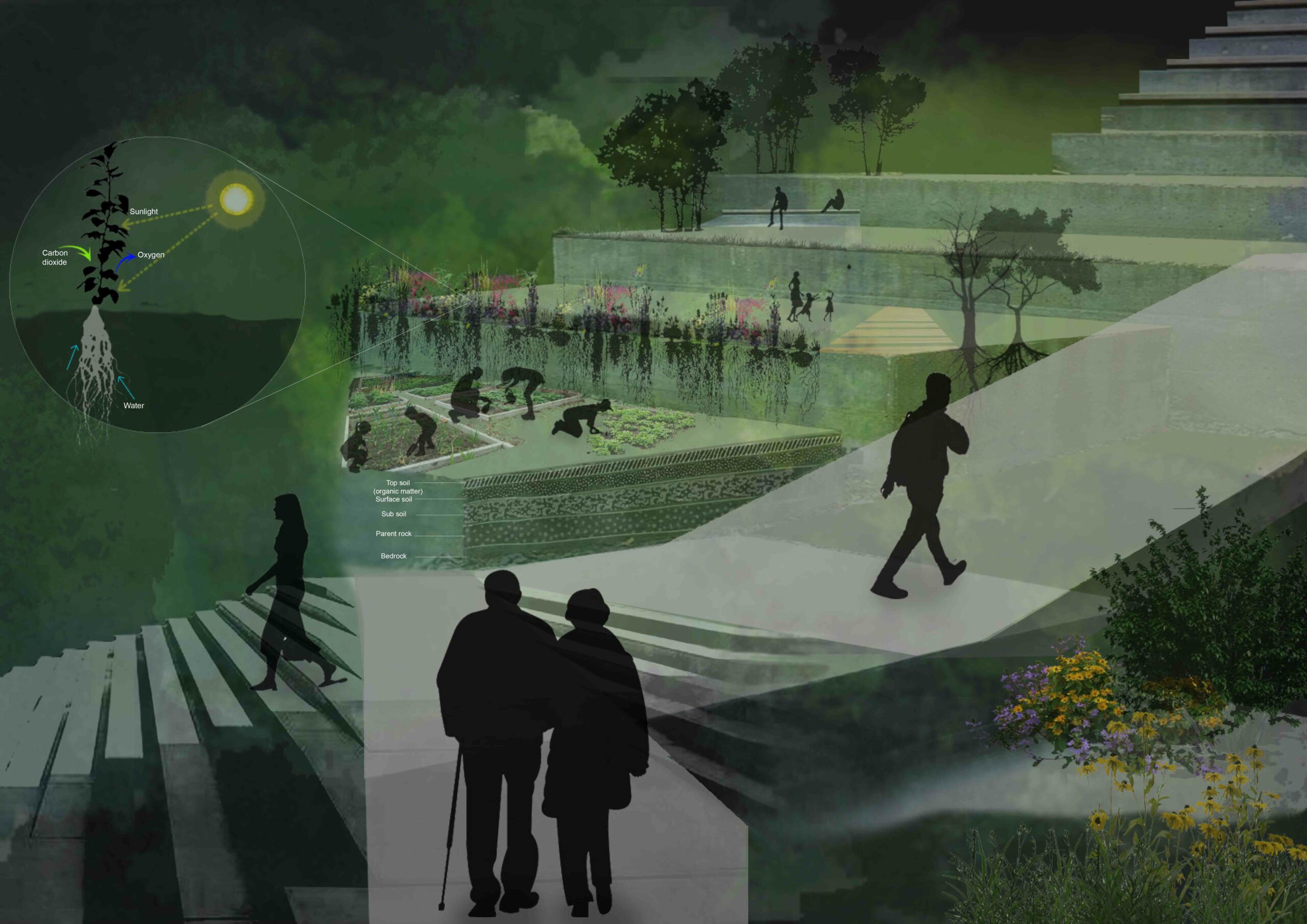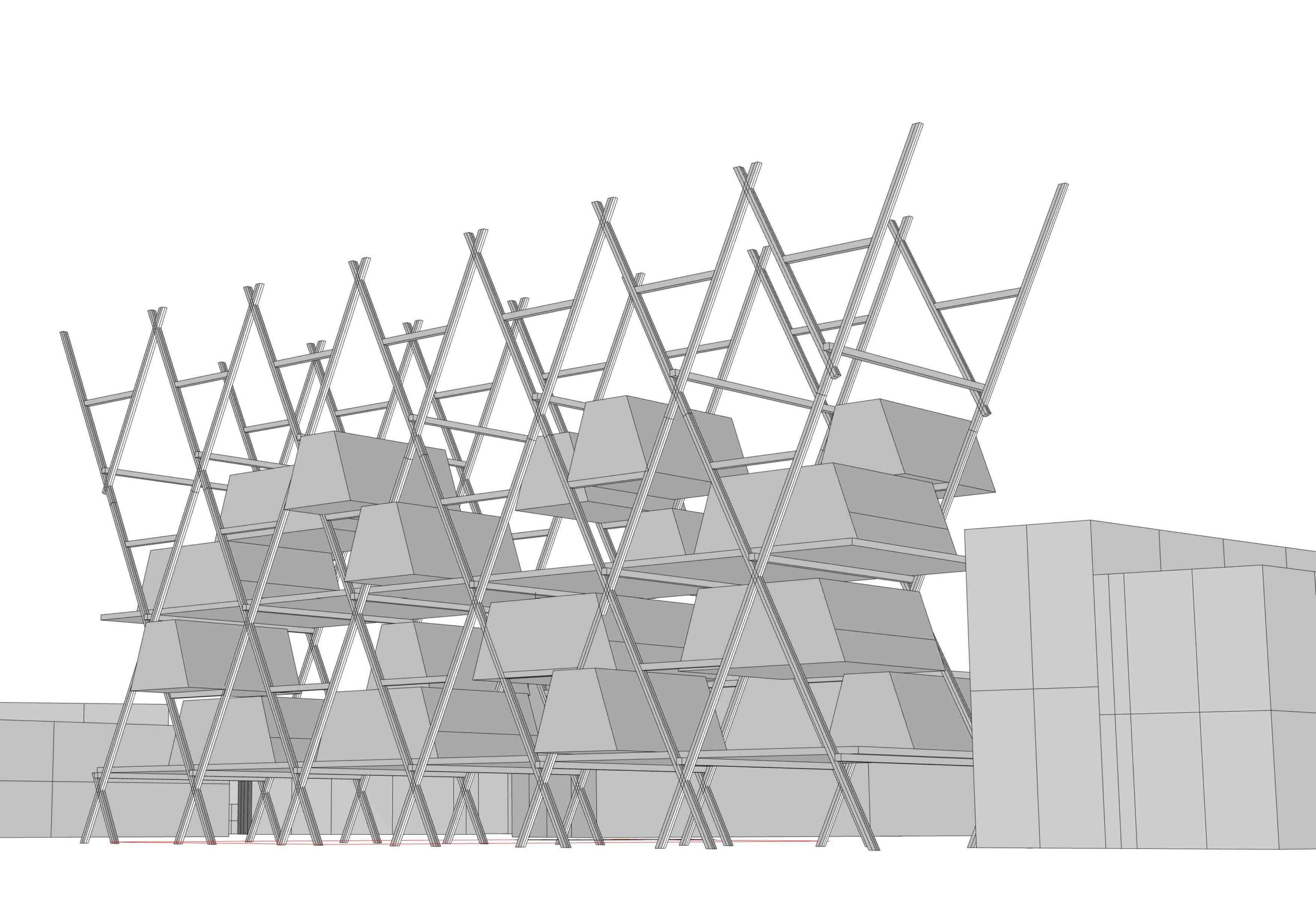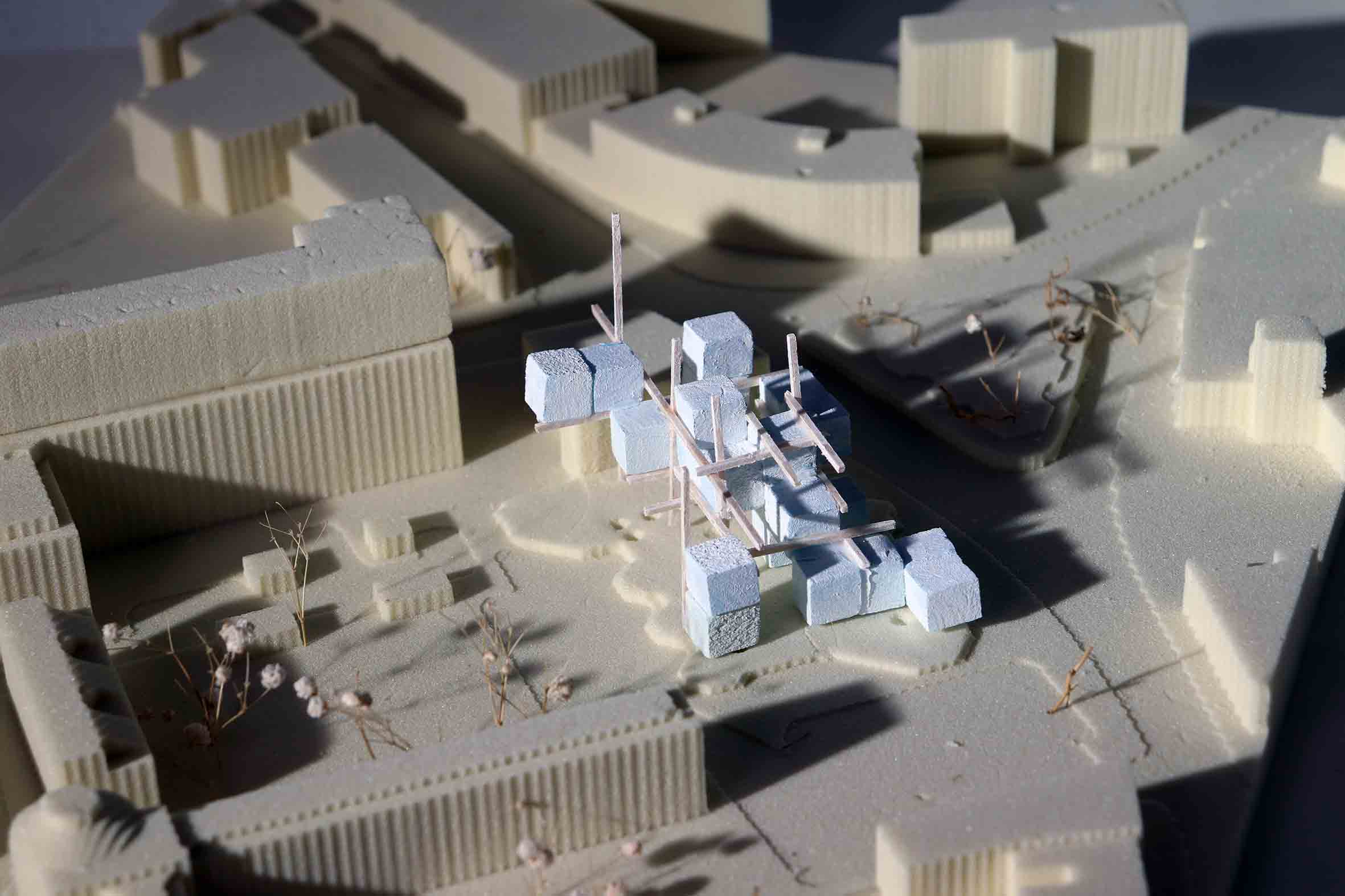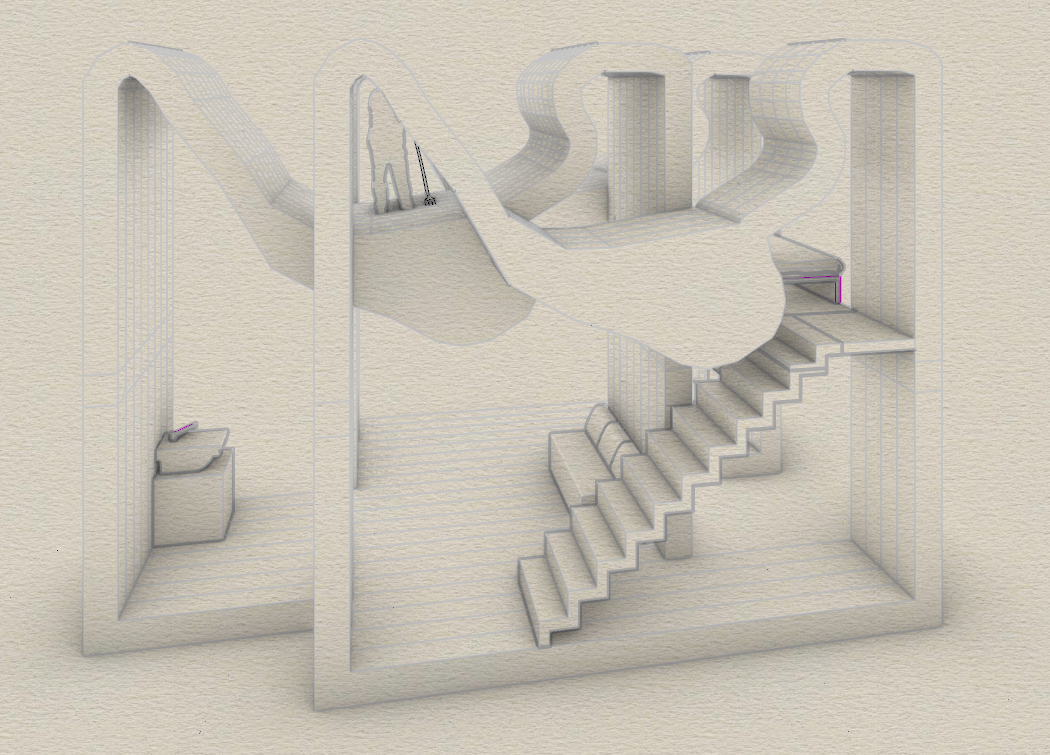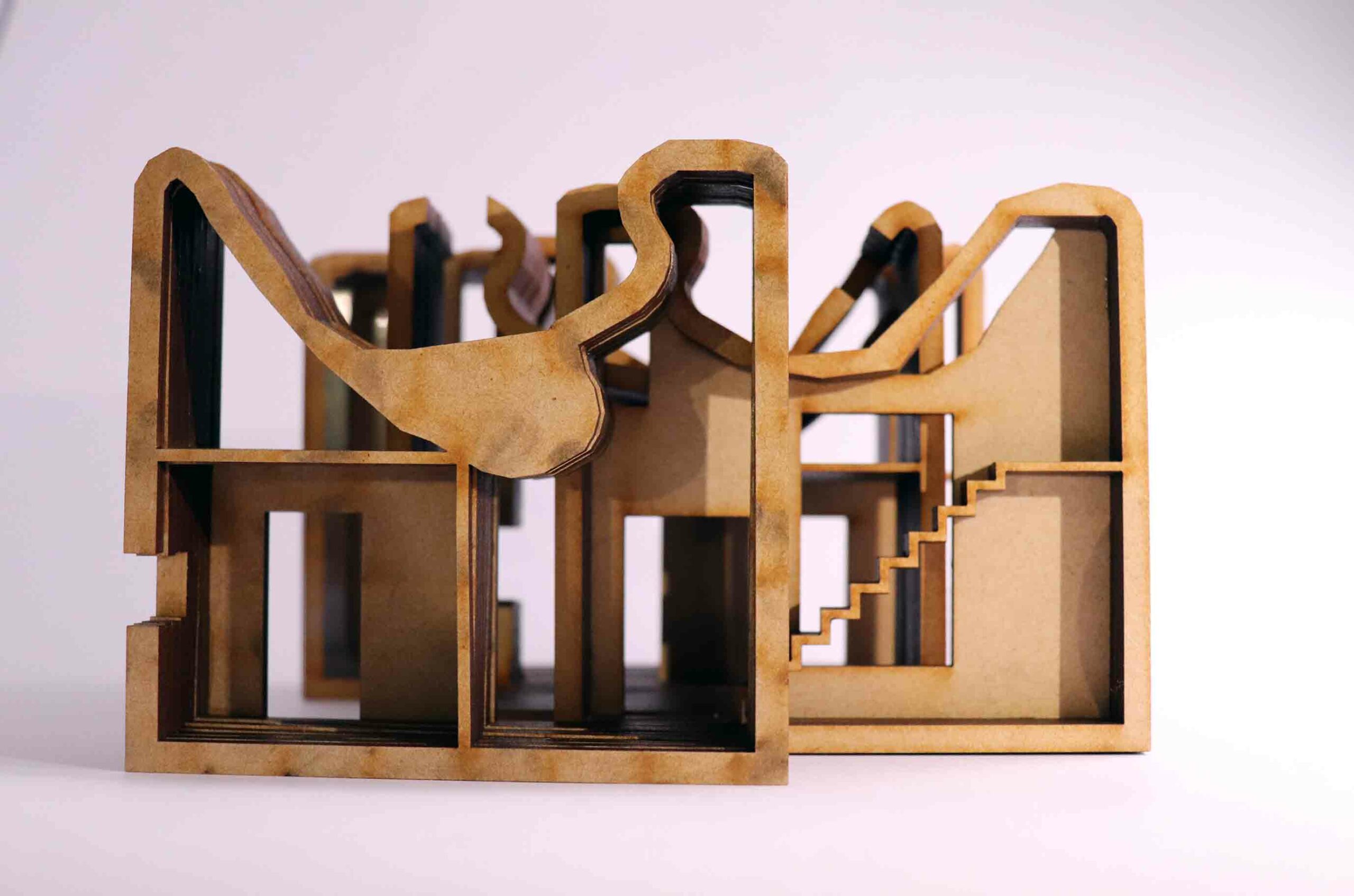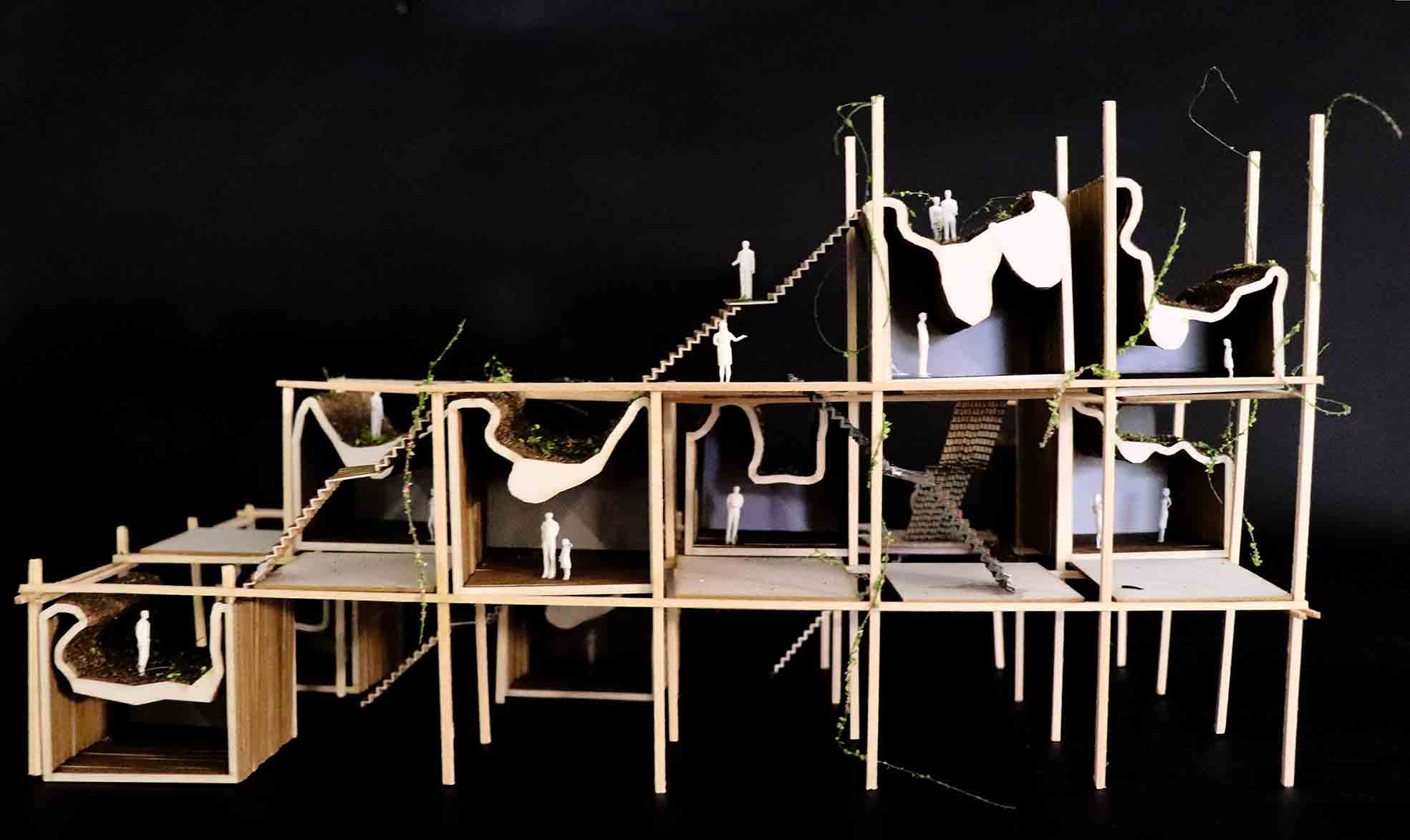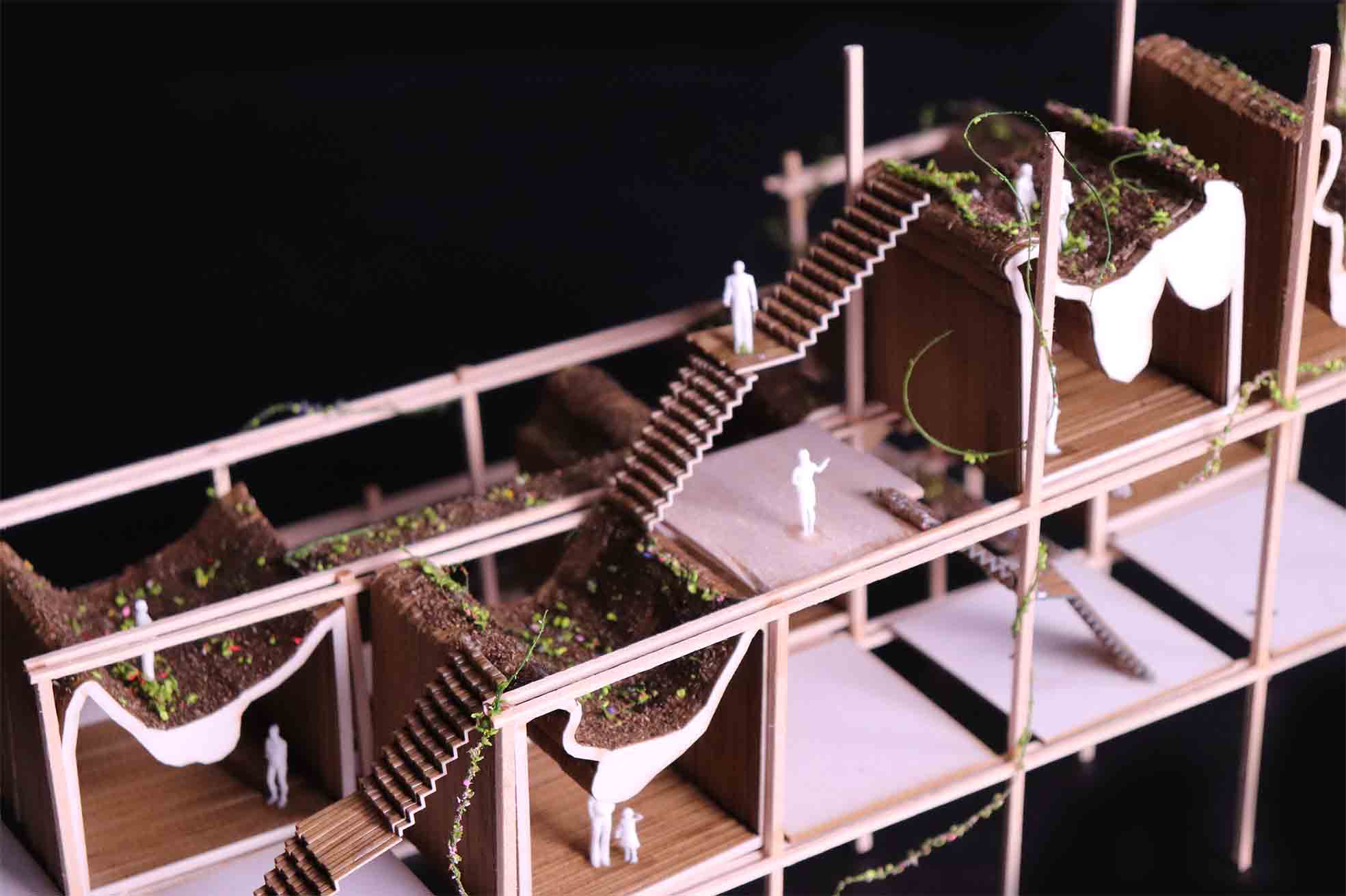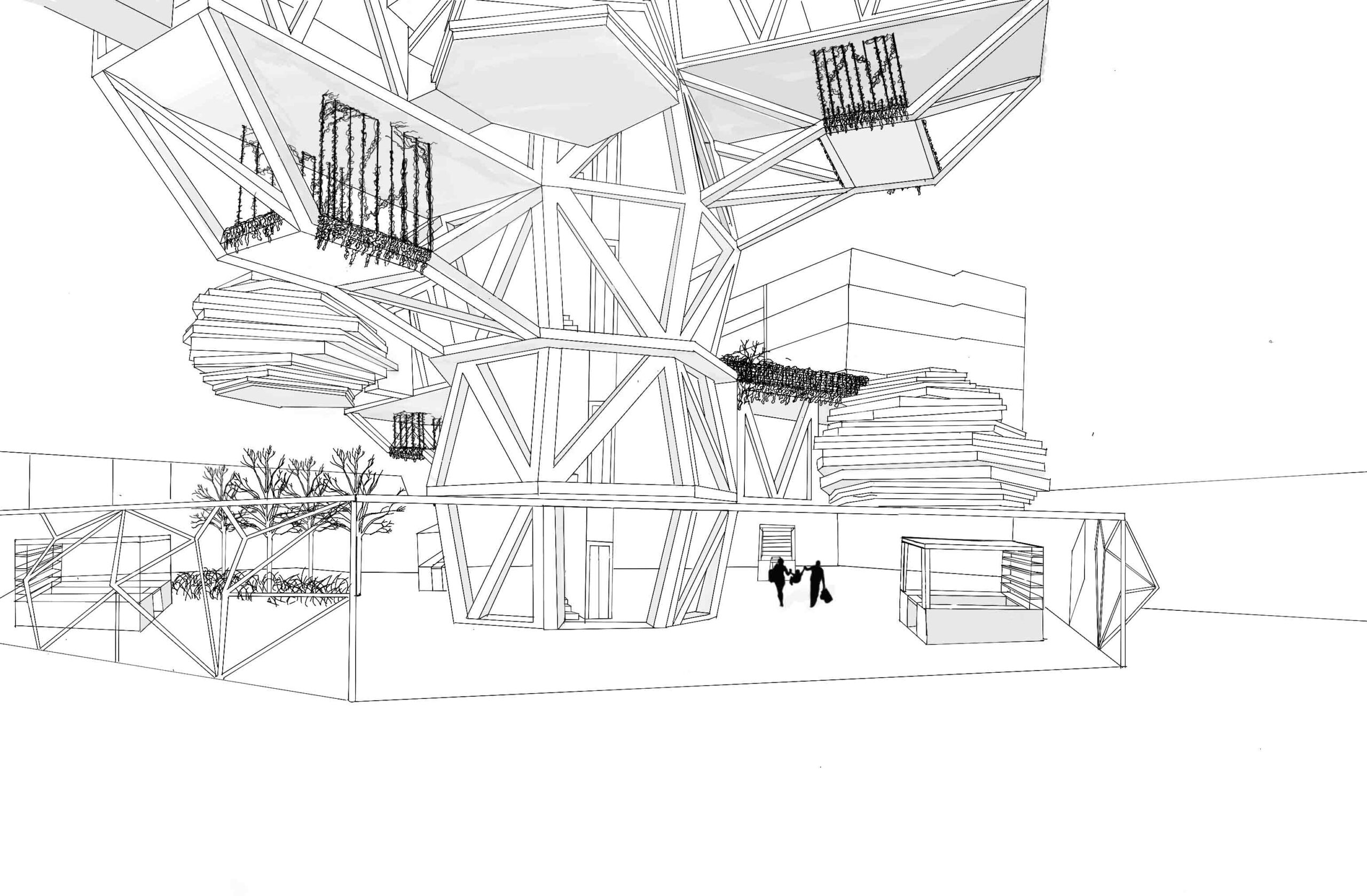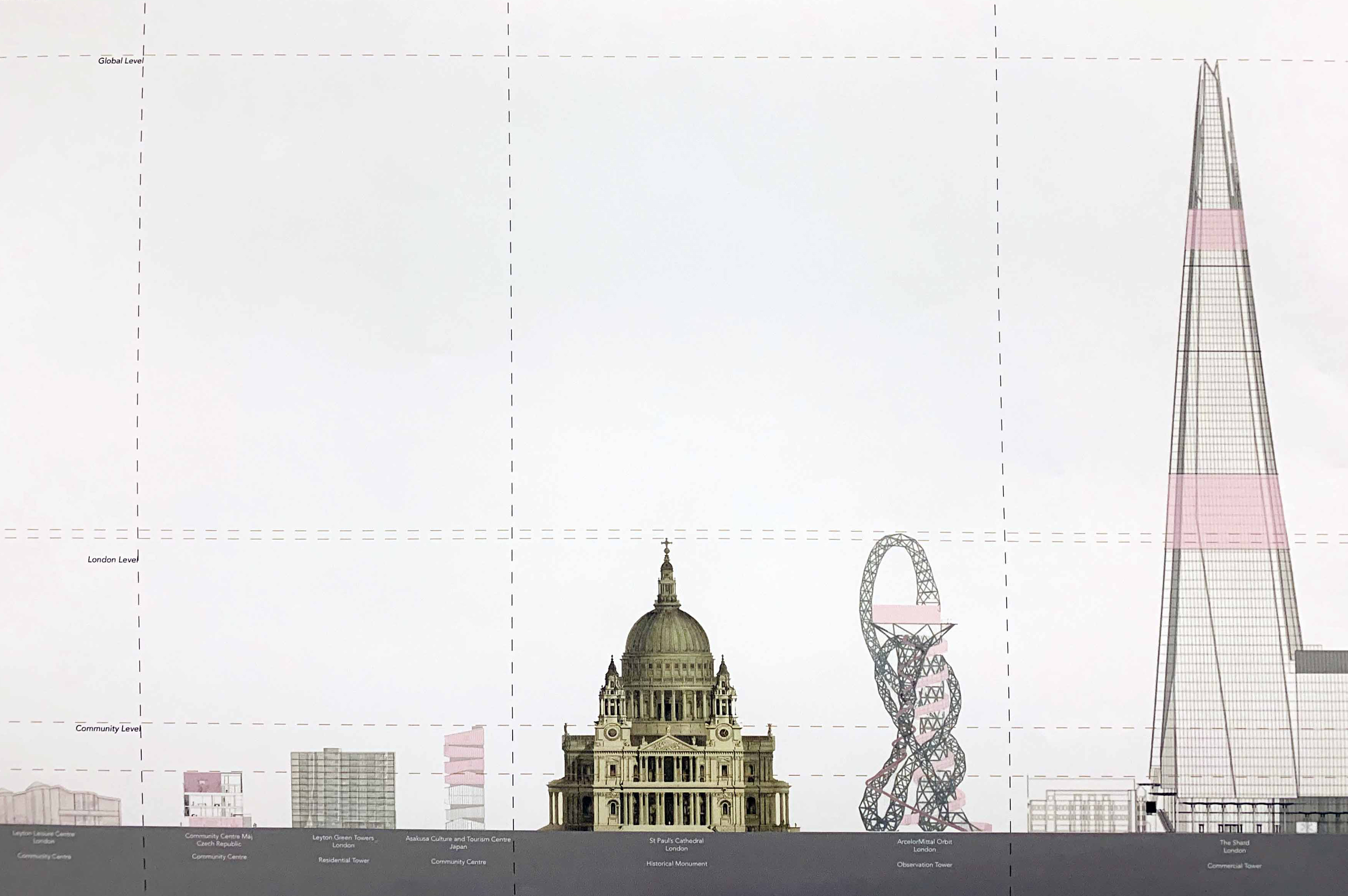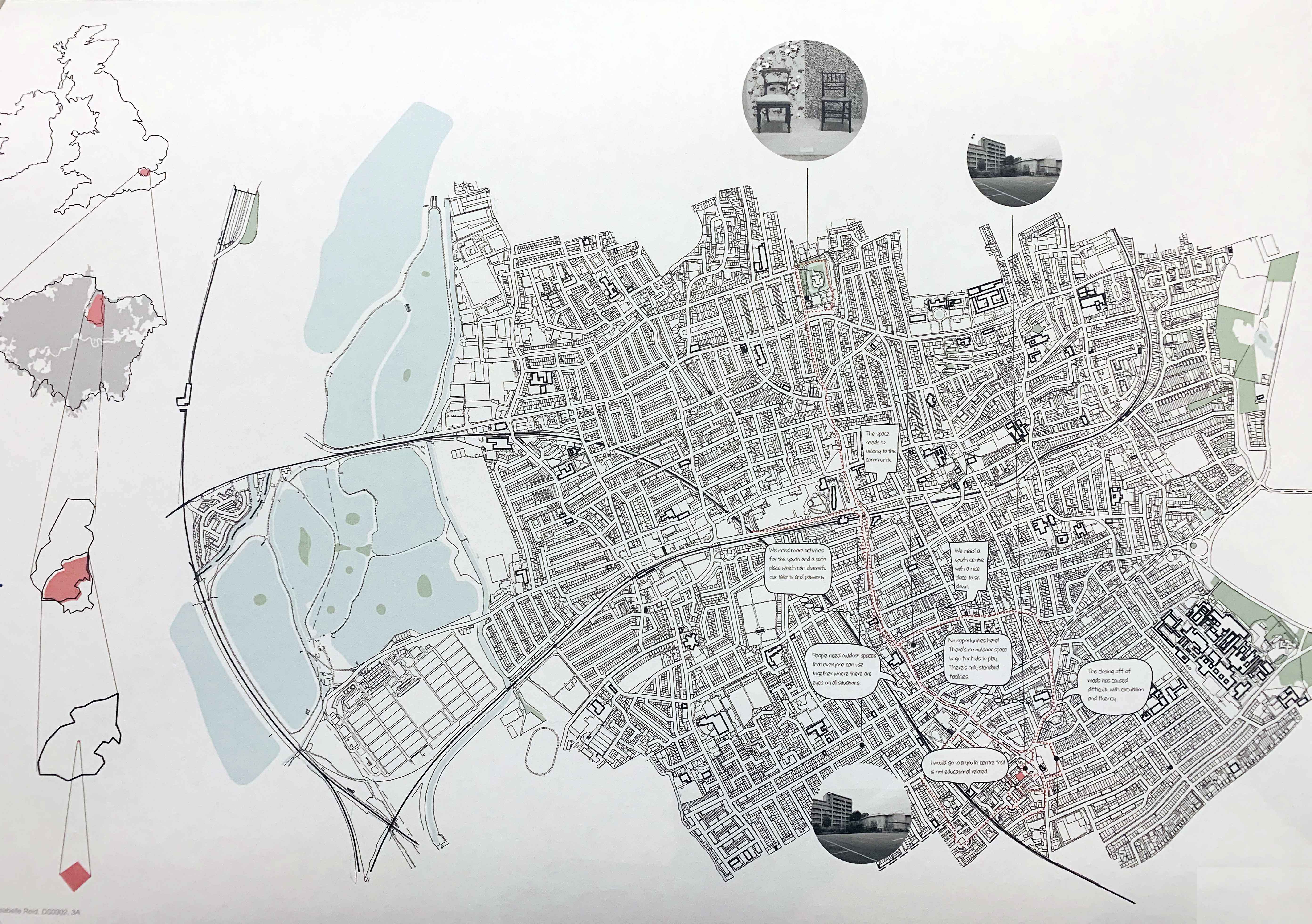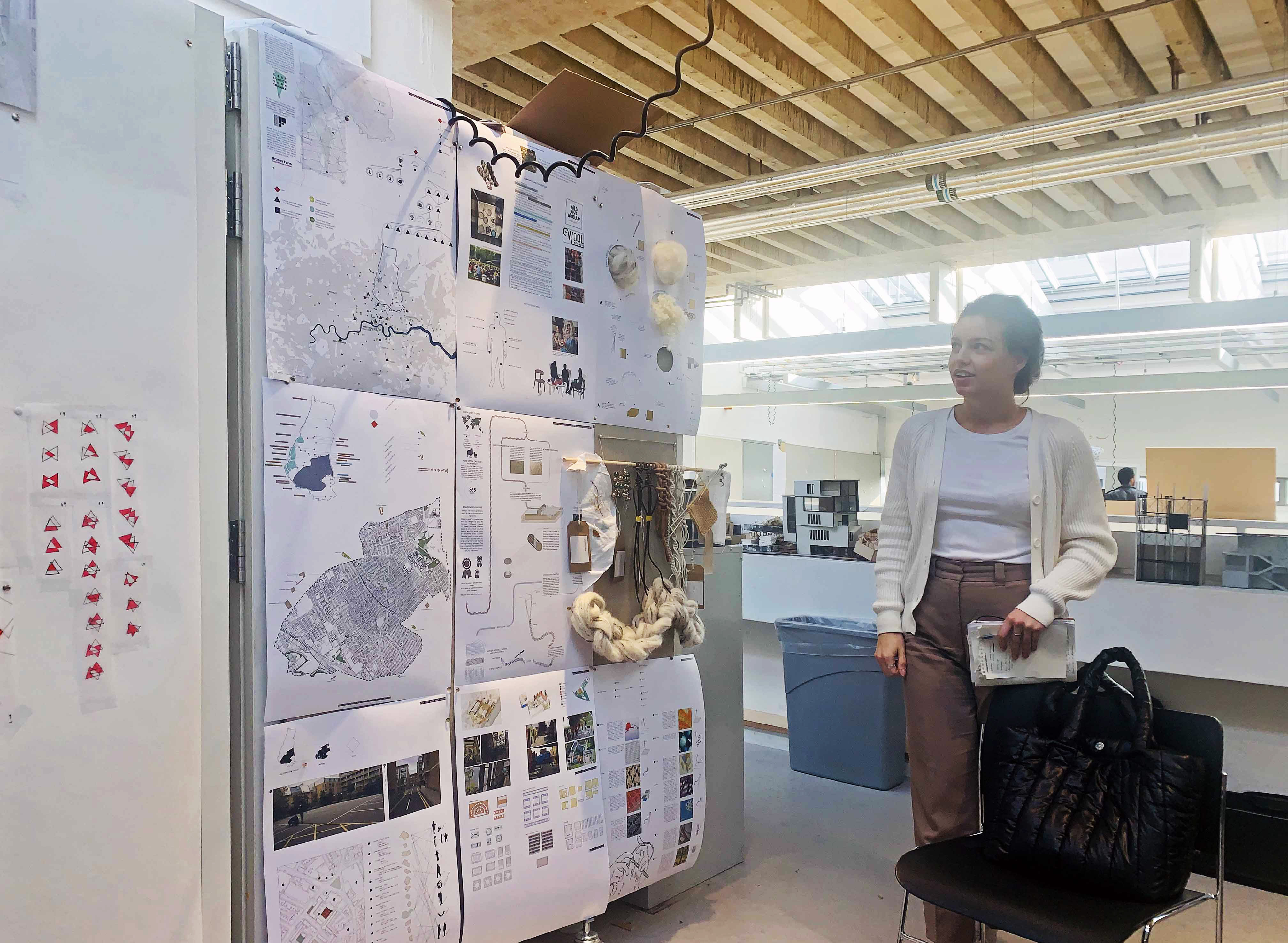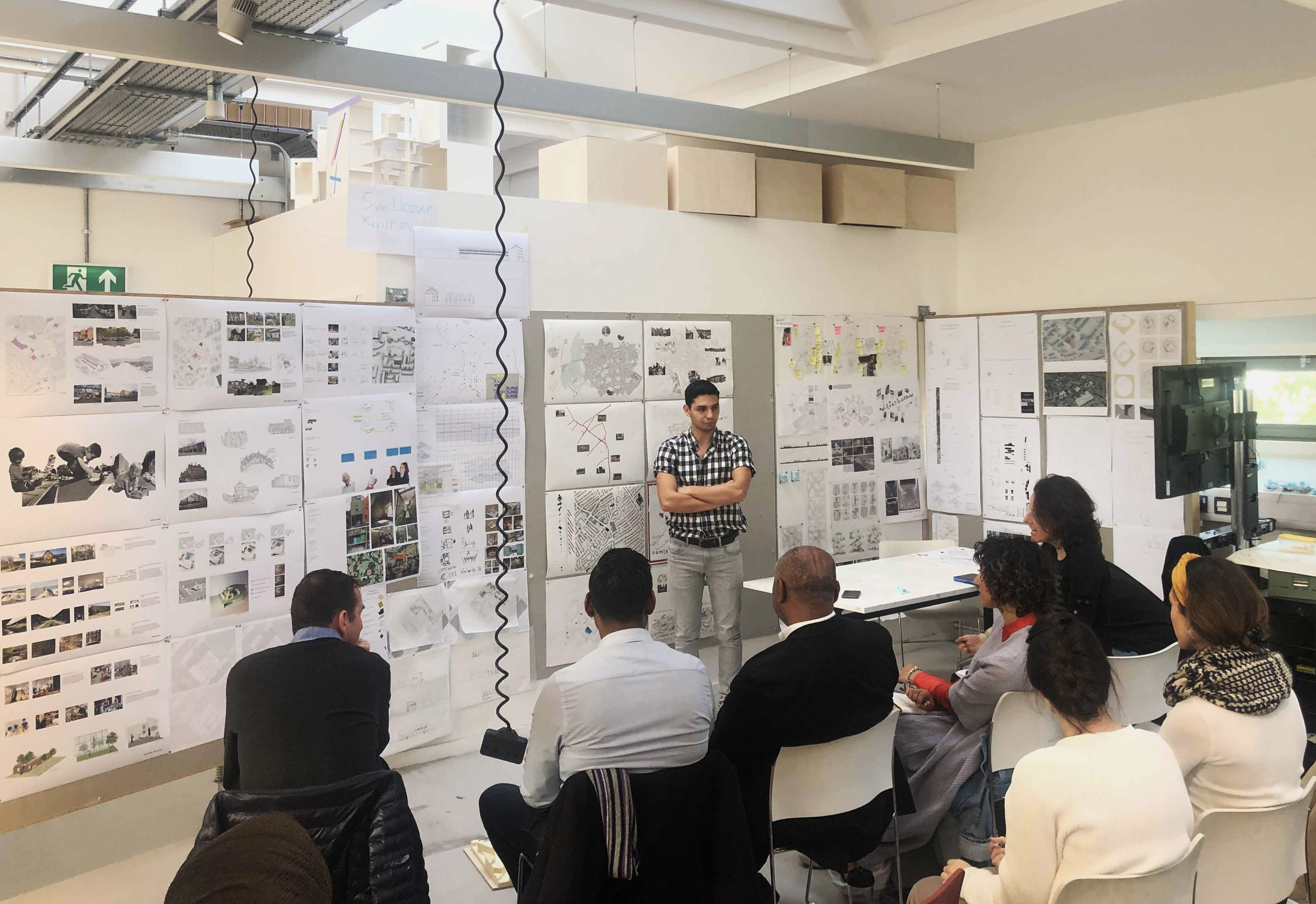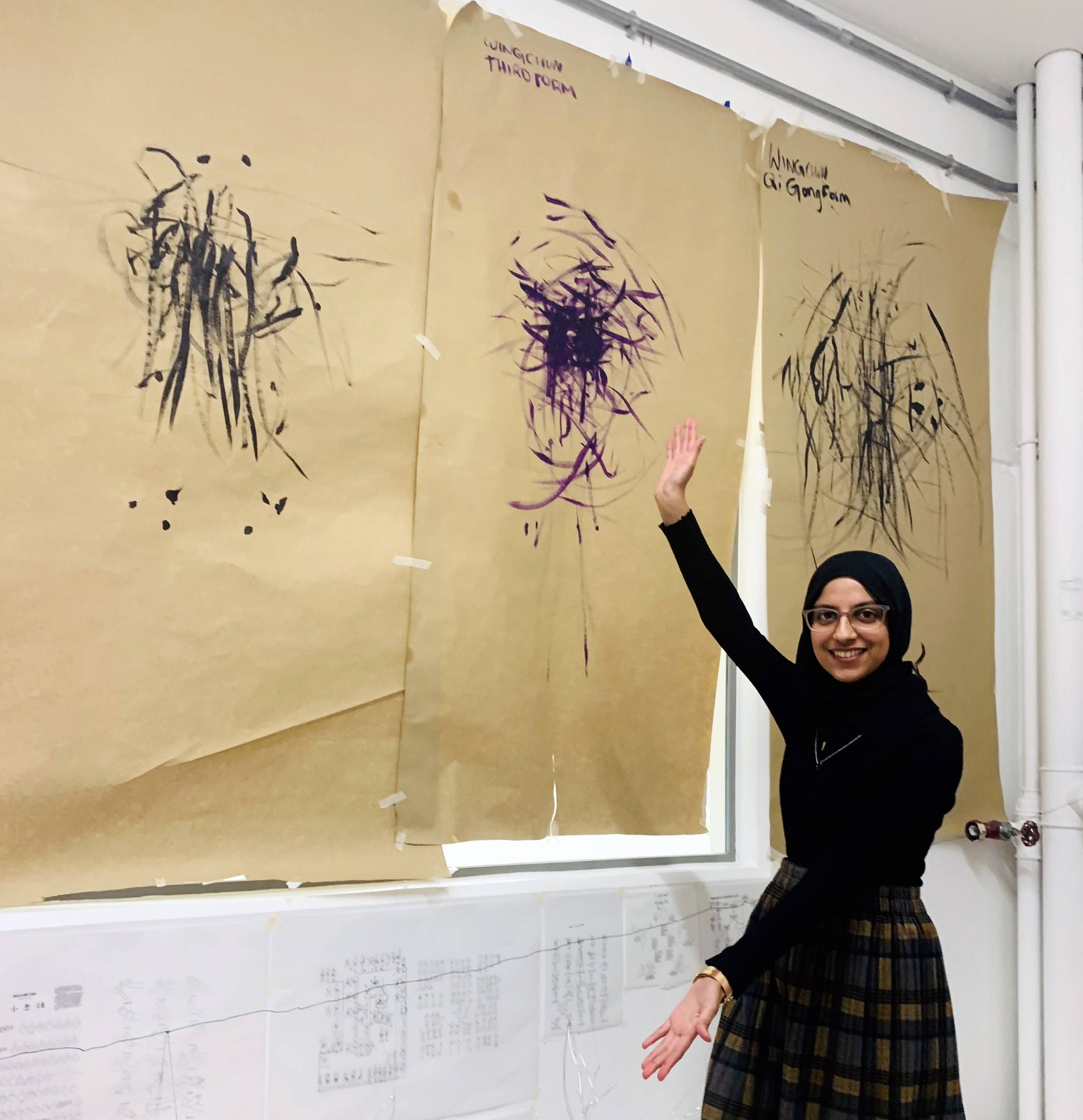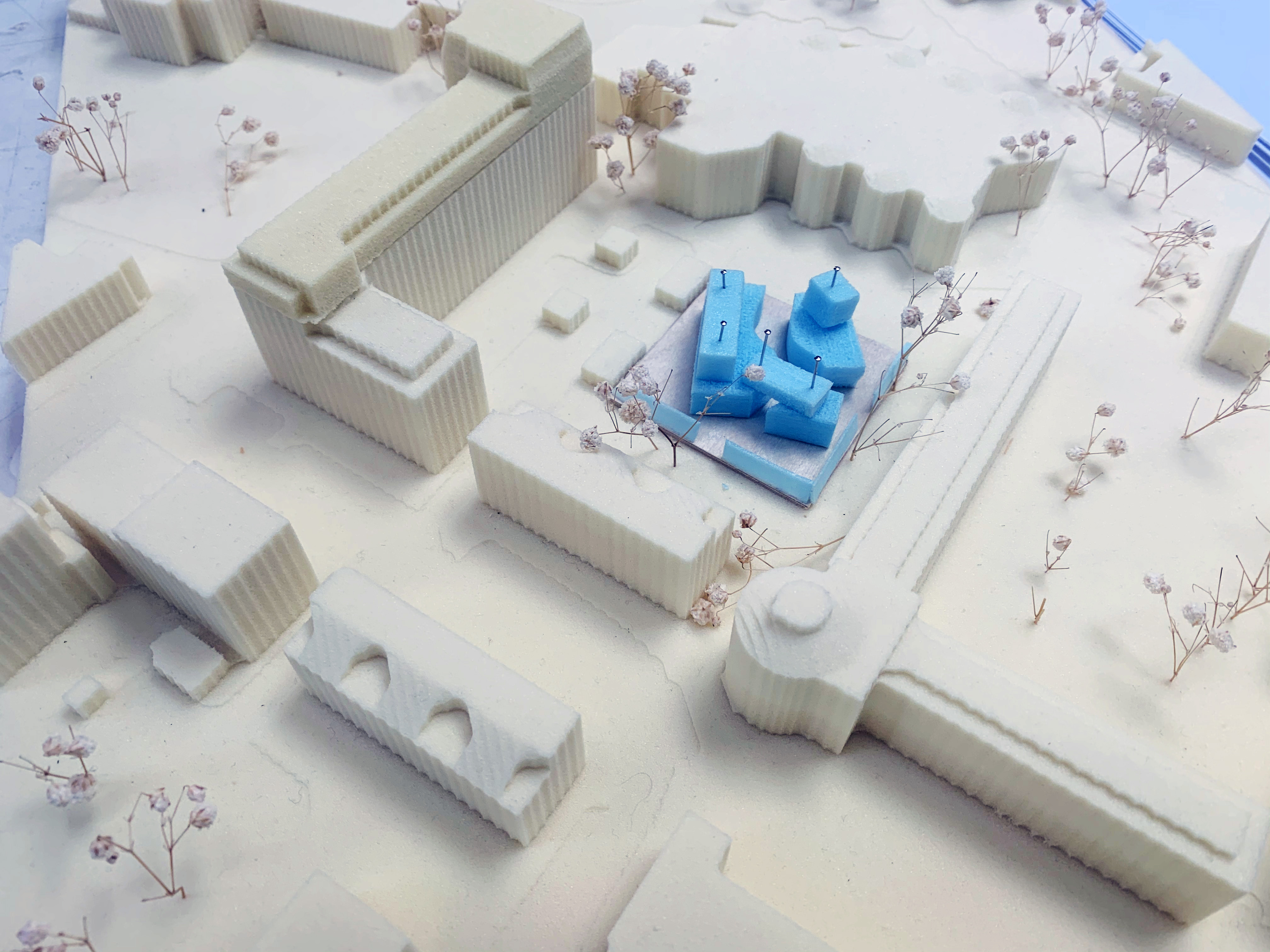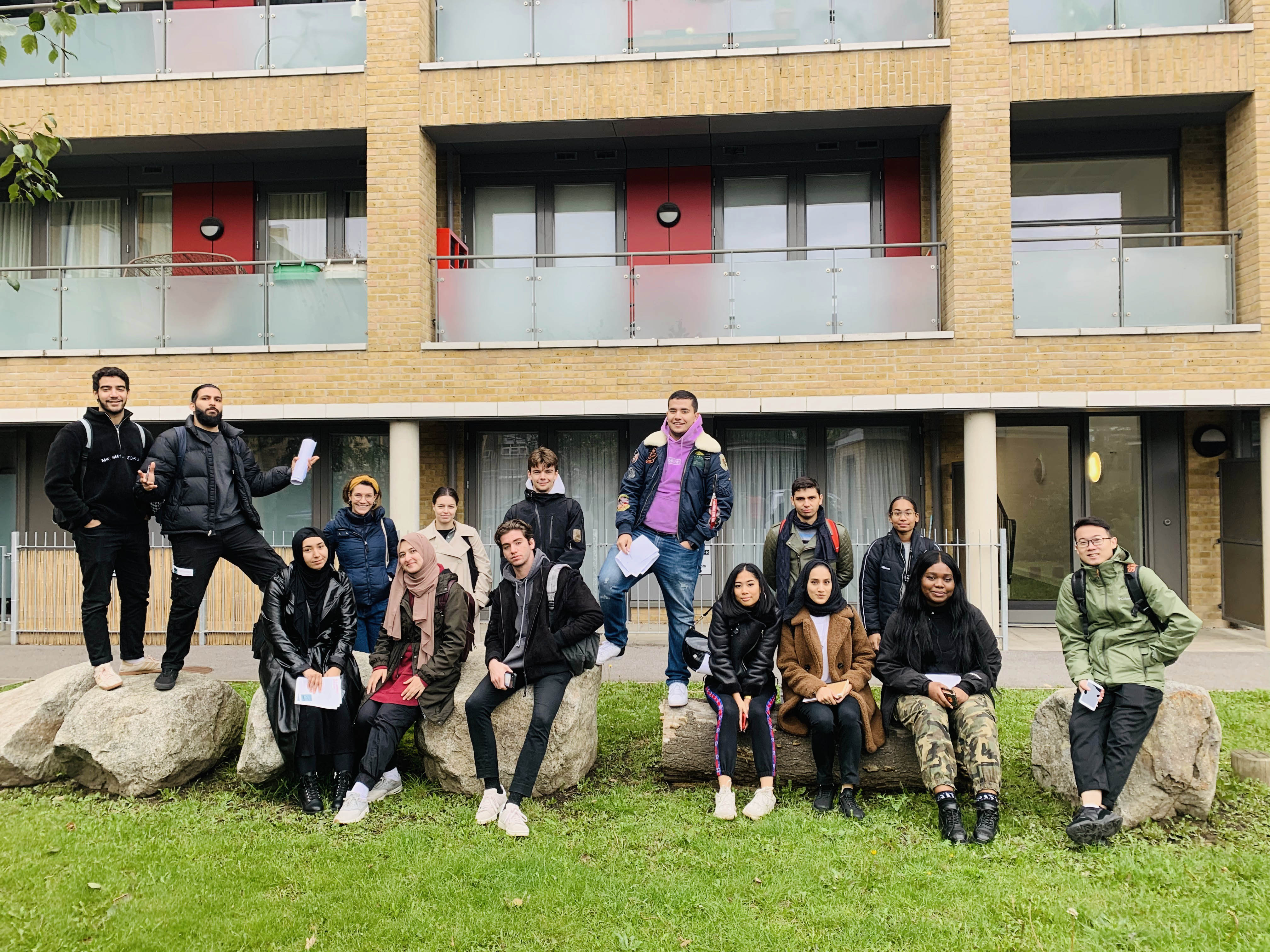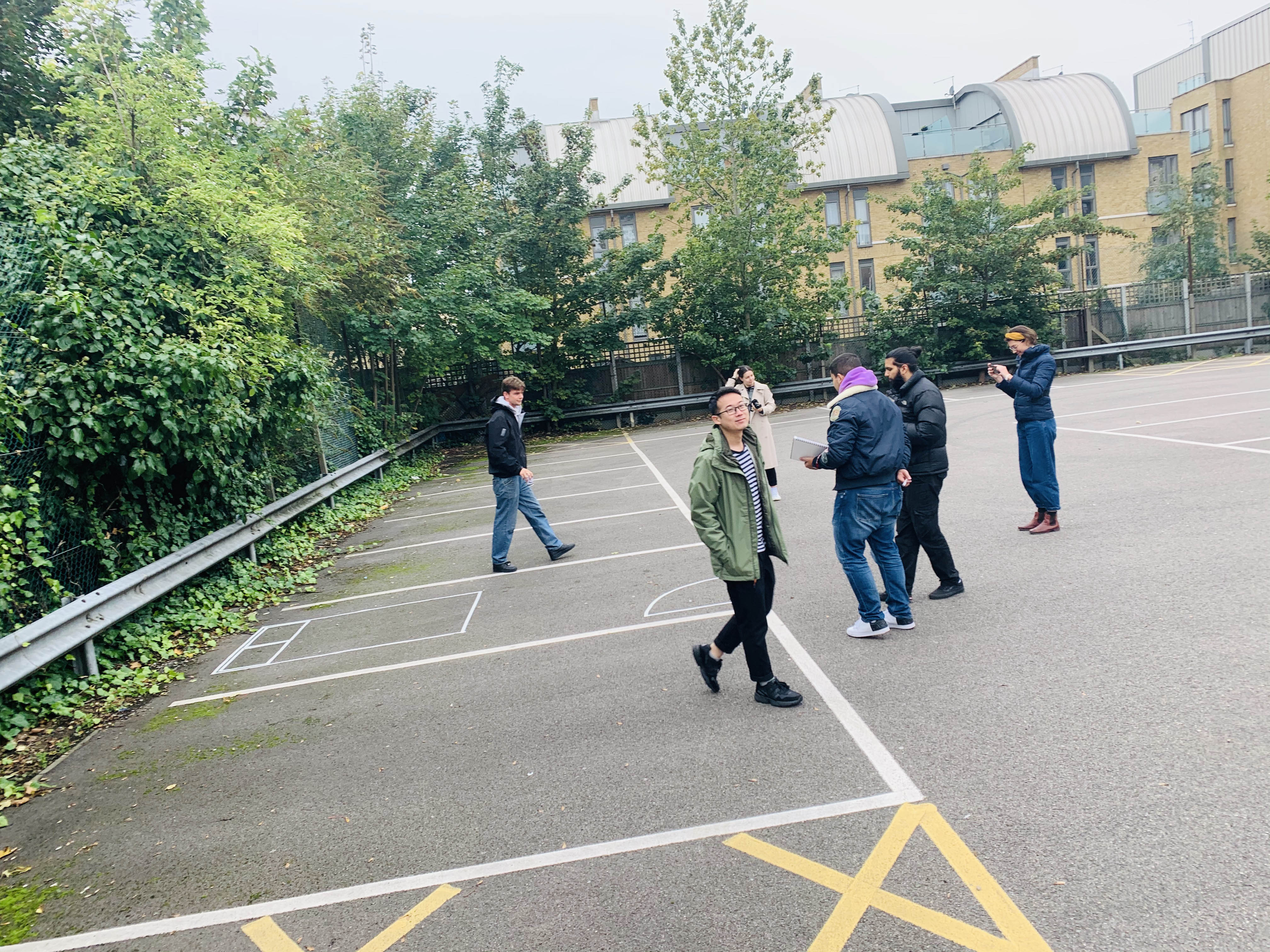Design Studio (Three) Two BA Architecture
YEAR THREE – DS3.2
Tutors: Maria Kramer and Roberto Bottazzi
Maria Kramer teaches Year 3 and Part III students at Westminster and is focused on the idea of research and practice informing each other. Maria established her own award winning studio, Room 102 ltd, in 2011 and has previously worked for Hopkins Architects and Coop Himmelb(l)au. She is interested in public space and how architecture can improve our lives and create a more sustainable way of living.
Roberto Bottazzi is an architect, researcher, and educator based in London. He has studied in Italy and Canada before moving to London. He is Senior Lecturer at the University of Westminster where he has been teaching both at Graduate and Undergraduate level. His research analyses the impact of digital technologies on architecture and urbanism. He is the author of Digital Architecture beyond Computers: Fragments of a Cultural History of Computational Design (Bloomsbury, 2018) and editor of Walking Cities: London (Camberwell Press, 2017). He has lectured and exhibited internationally.
ECOmmunity
The city is now everywhere, and the world is a hybridized, denatured, co-evolving ecology of our own making. The global city, spread across vast landscapes of resource extraction and waste, is the new nature, and this new nature is suicidal unless we transition cities from their basis in nineteenth-century engineering and move them toward twenty-first-century understandings.
Richard Weller
Urban areas are becoming increasingly dangerous, with knife crime and antisocial behaviour on the rise. This coincides with the closure of youth centres and a rise in drug-related gang culture. A monument against aggression and violence manifested itself in the eight metre-high Knife Angel sculpture, by Artist Alfie Bradley, which is made from 100,000 blades handed into police across the country; “a stark reminder of a form of violent crime infecting our city.” (Rt Rev Dr Christopher Cocksworth)
Context:
We would like to investigate the societal, contextual and psychological aspects, focusing on youth culture and the local community, developing ideas about how we can raise awareness and have a positive influence, with an intervention based on wellbeing and connectedness to our environment, linked to programmatic invention.
How do we create holistic communities, which are distinctive, porous, accessible, multi-layered and celebrate moments of local culture? How do we encourage experiences which bind us together, so we feel part of a larger community, developing visions of collective experience, via self-generating neighbourhoods? How do we communicate civic dignity and identity, linking the everyday to the ecological and global?
We believe in value-based development, exploring the overlap between creative planning and architecture. Public engagement, interviewing locals, mapping and in depth analysis of existing multi layered networks will be the basis for understanding the local context and a catalyst for developing ideas.
Site:
The site is in the Bakers Arm area, in Leyton, Waltham Forest, the first London Borough of Culture, awarded this year. We will analyse the wider aspects of the borough, which has the largest urban wetlands reserve in Europe, as well as Epping Forest, edging to the North of the Borough. This site is part of the council’s next development phase and you will have the opportunity to exhibit your work locally. We will familiarize ourselves with the holistic approach of local creative icon William Morris, whose childhood home has been transformed into a gallery in Walthamstow, which used to be ‘one of the largest and handsomest suburban villages near the metropolis… with tasteful pleasure grounds’ during his time in the 19th century’.
Programme:
Semester 1: Community/Youth Centre& strategy for connecting the site to its surroundings
Semester 2: Based on the initial research we will expand the programme into a larger scale development, including spaces for the wider community with leisure and to encourage start ups.
Understanding place beyond purely spatial parameters in regards to social, political and cultural terms; having a real life client with a real site, which was suggested by the council with the aim of bridging the gap between academia and practice.
Client: Waltham Forest Council and MVP Workshops, a Community Interest Company Financing: Waltham Forest Council/Developer, eg via section 106










